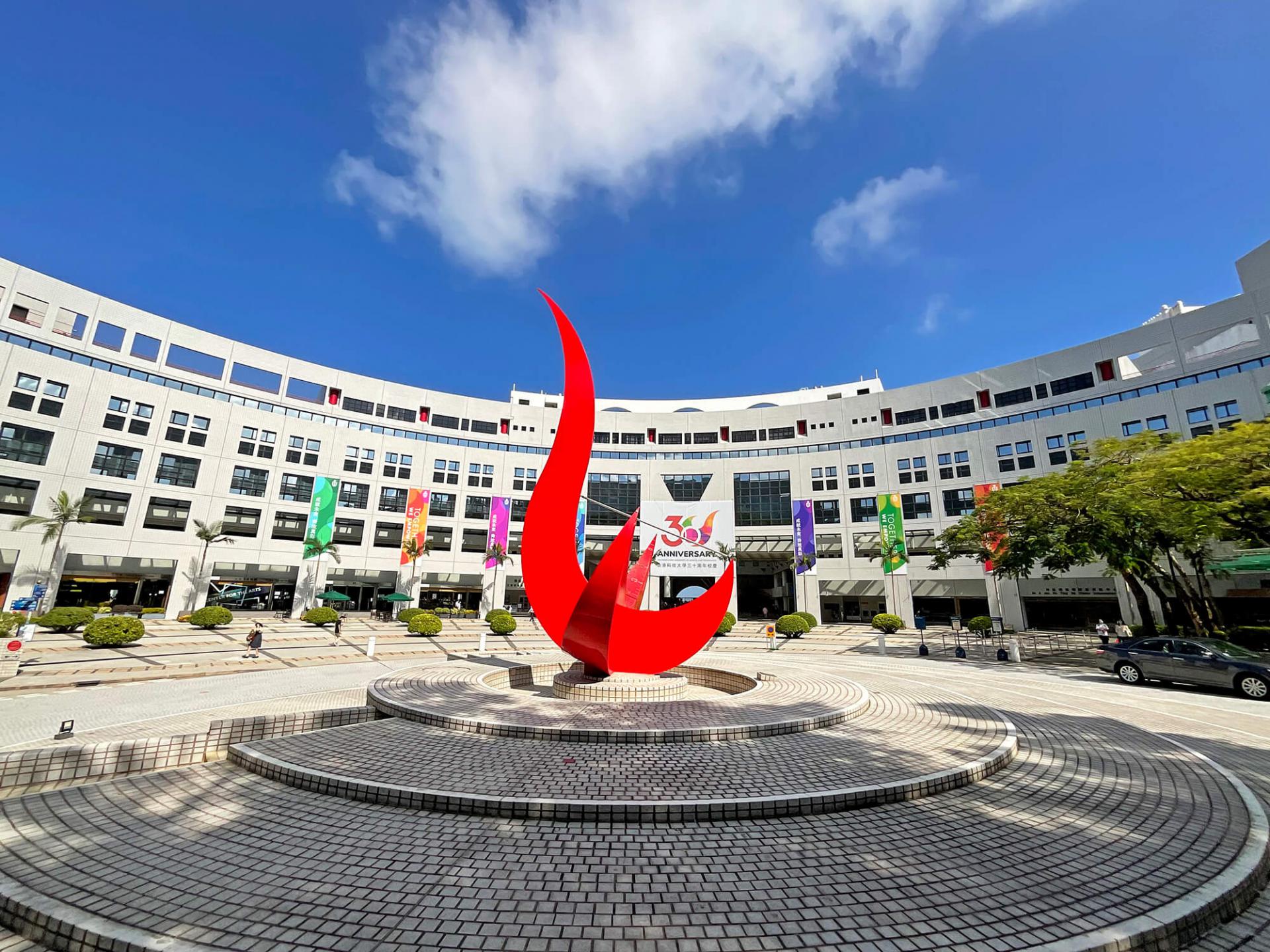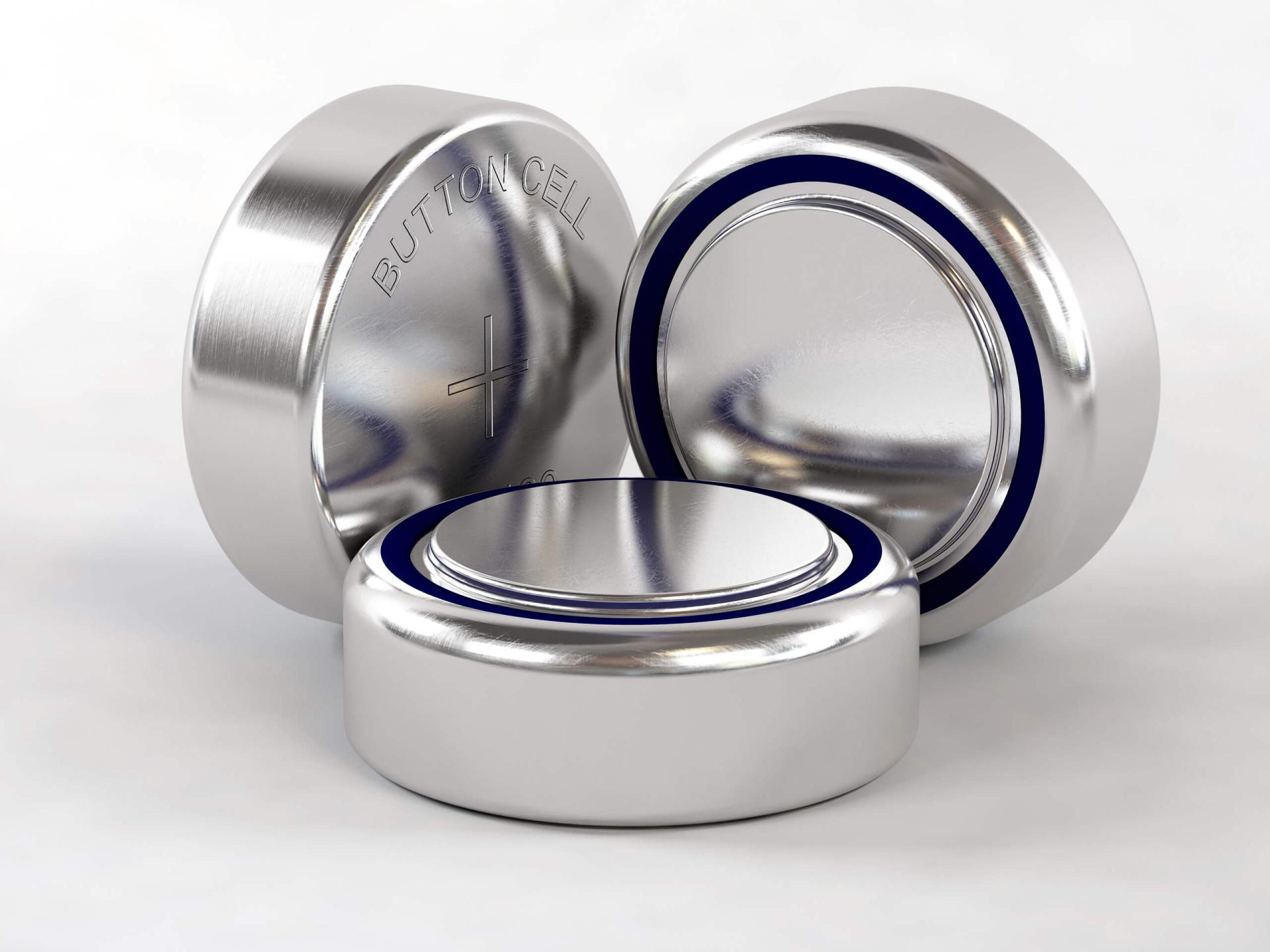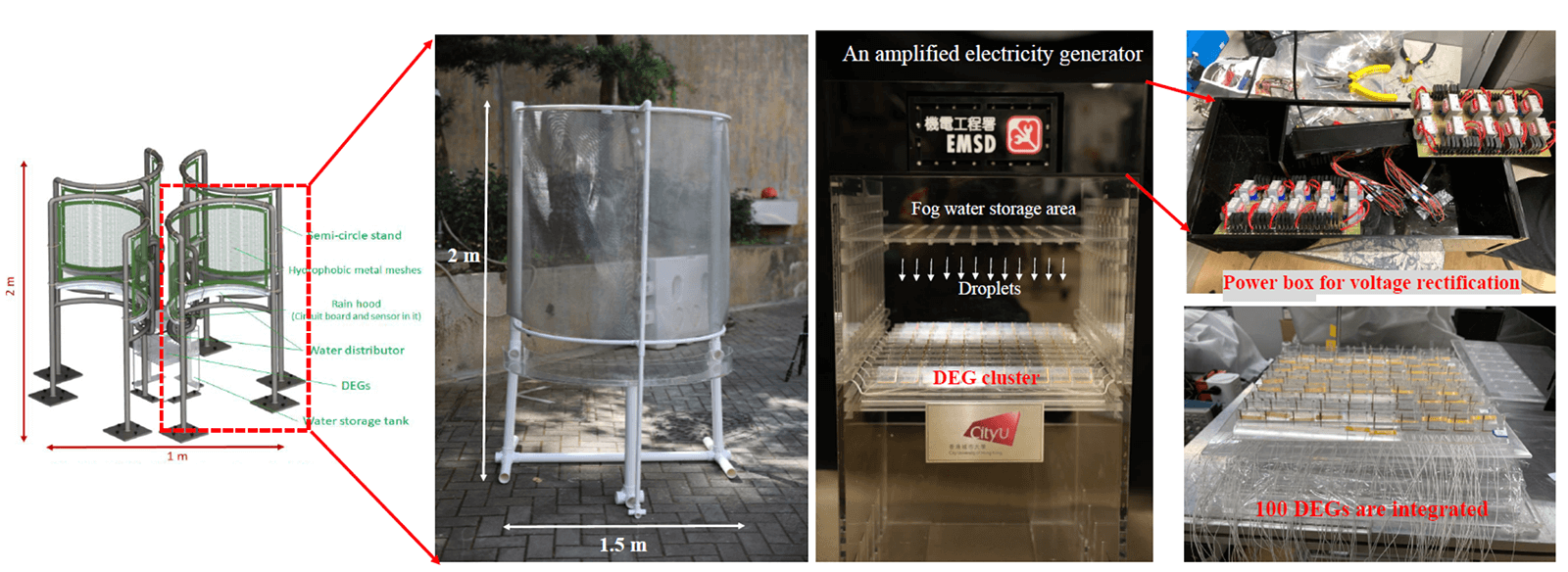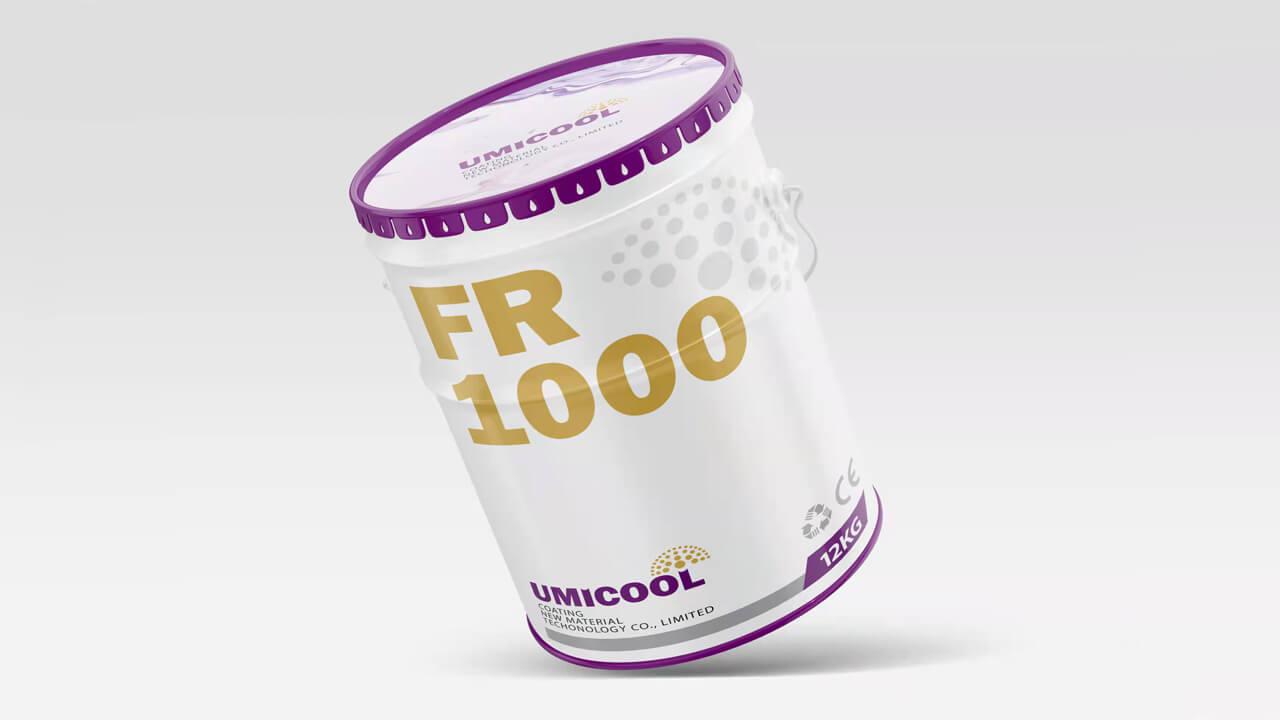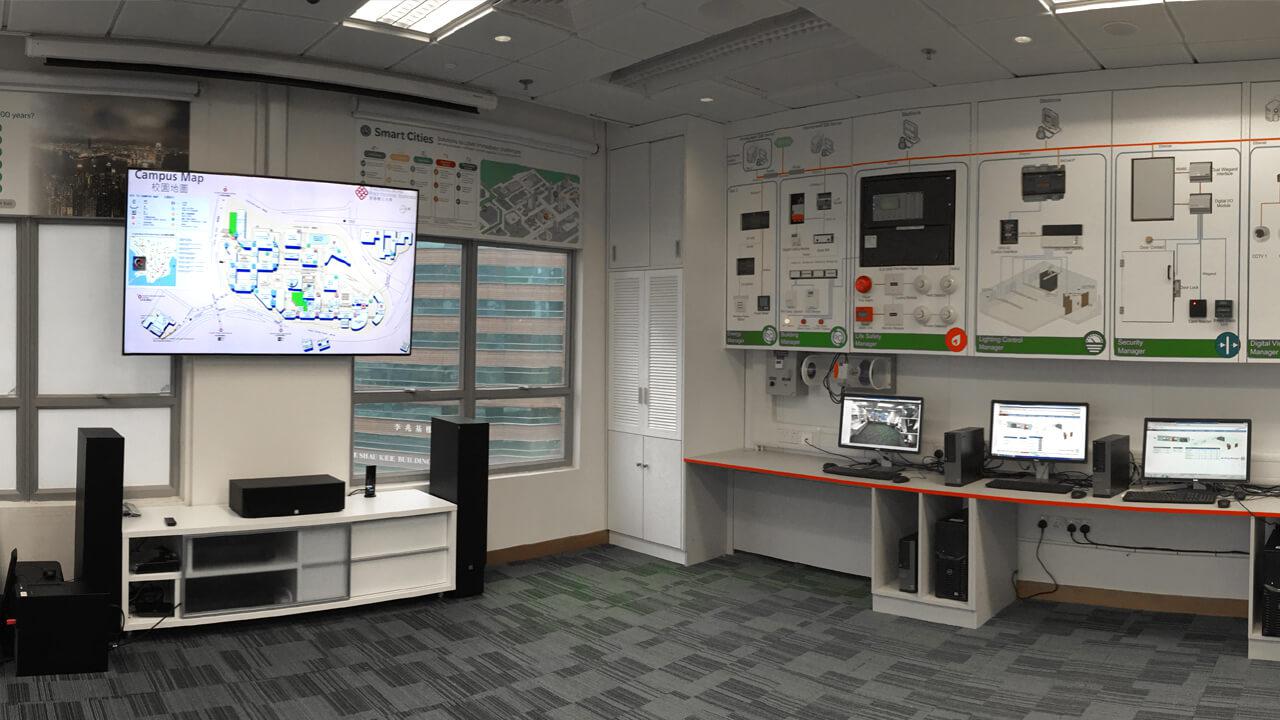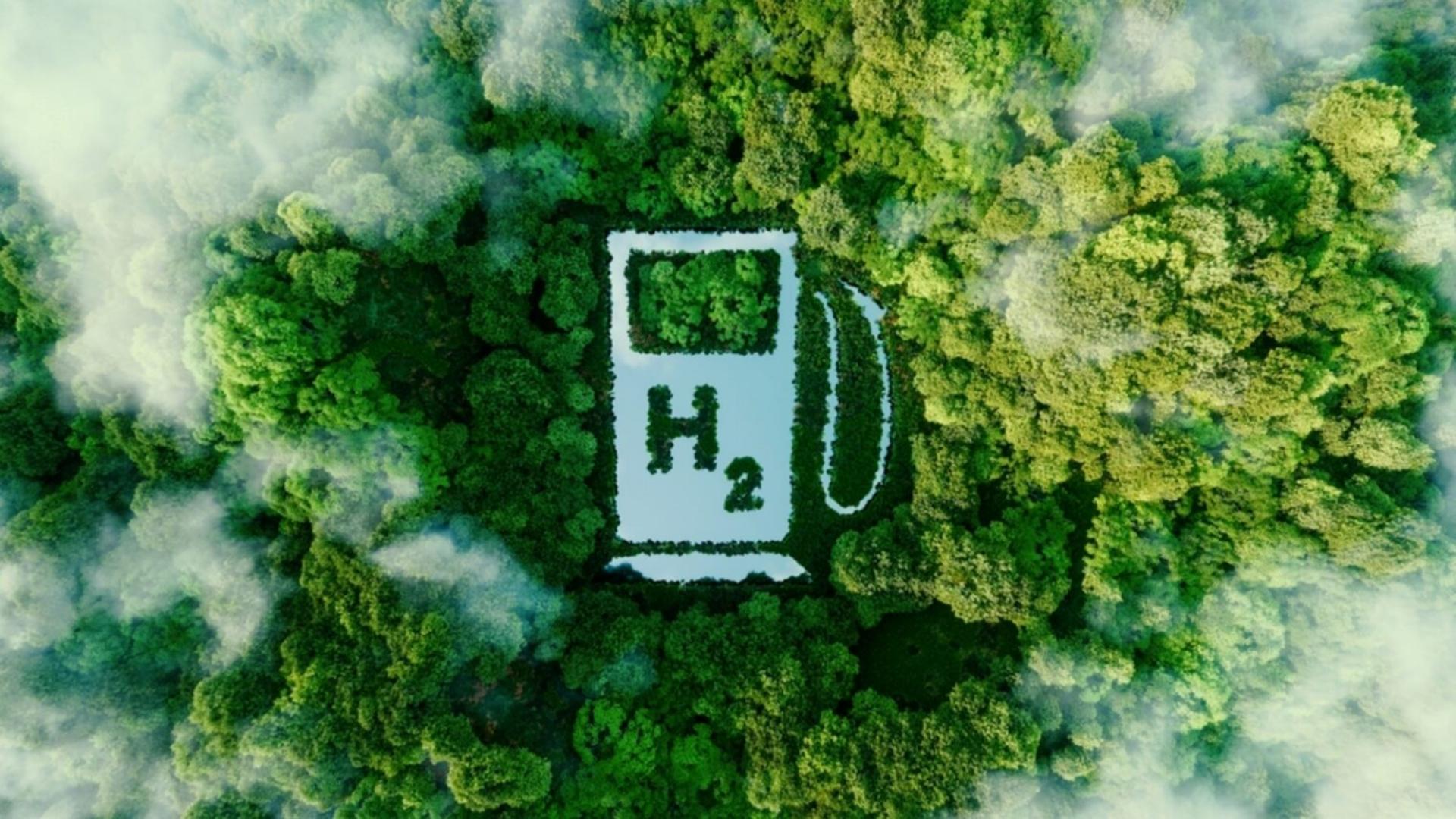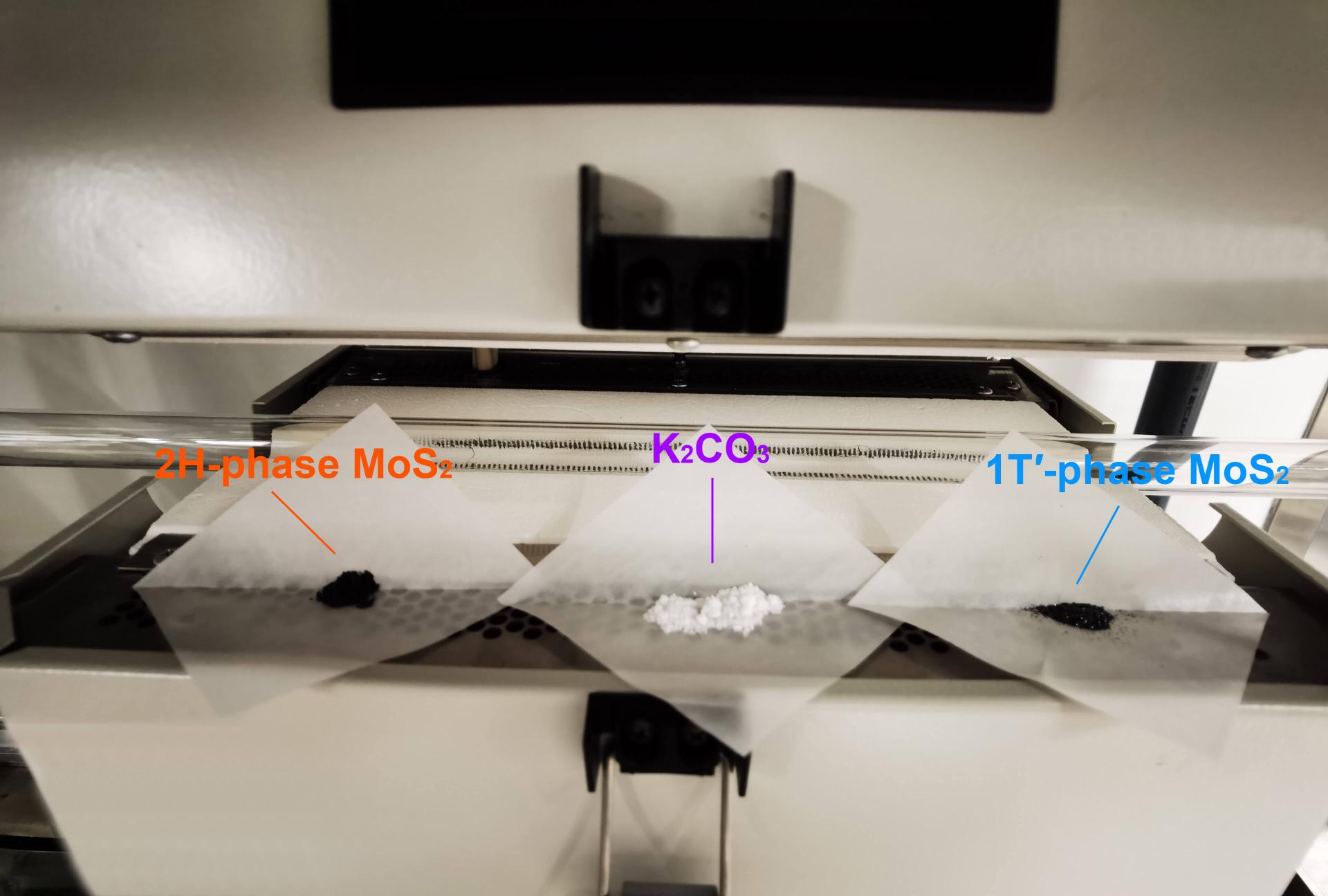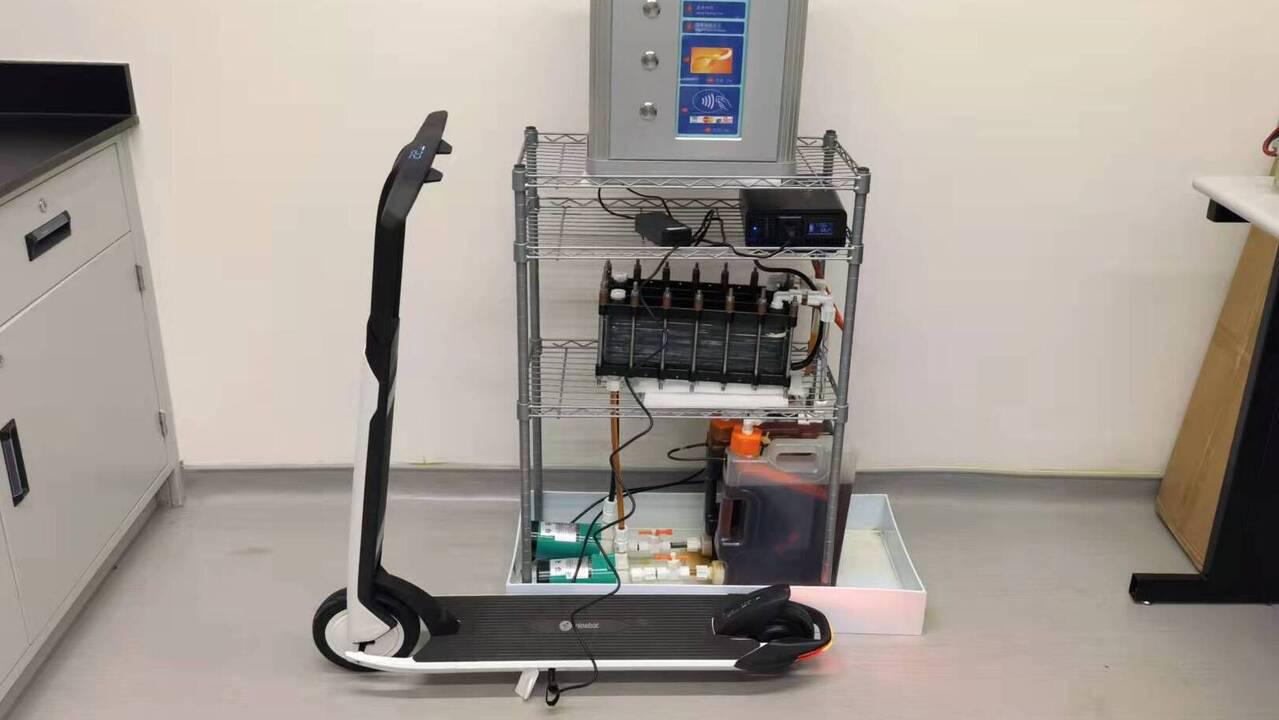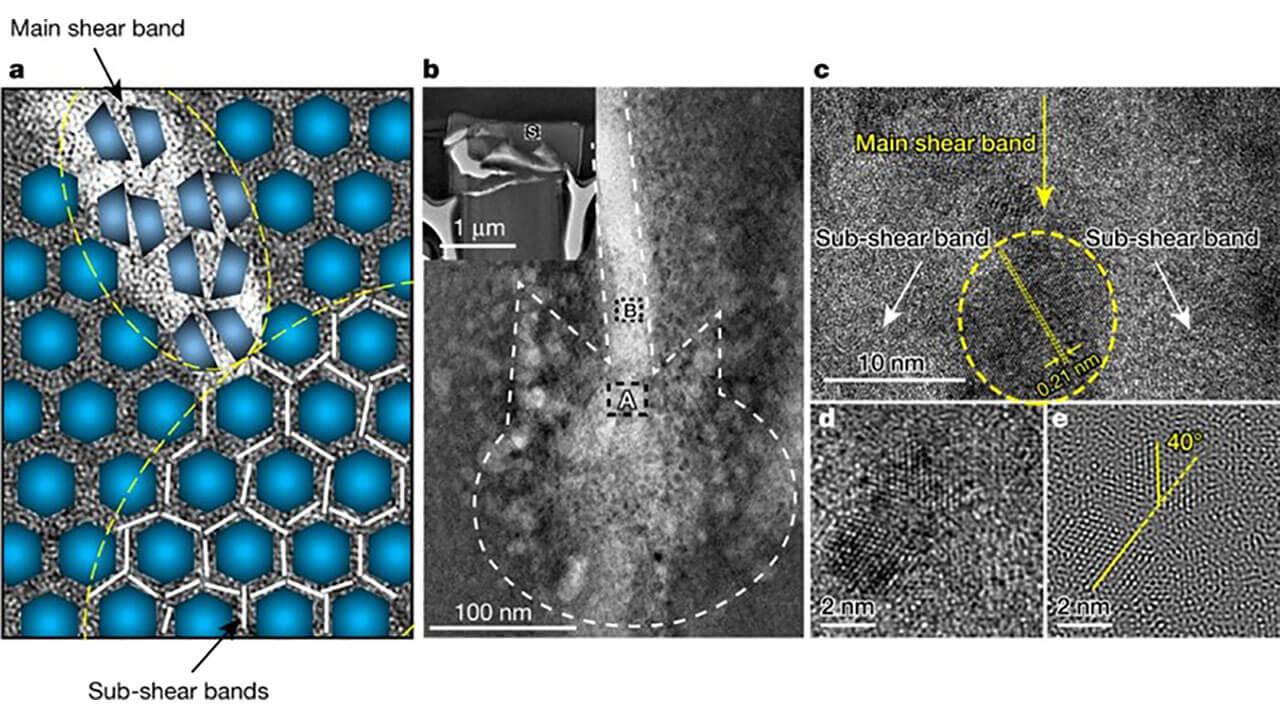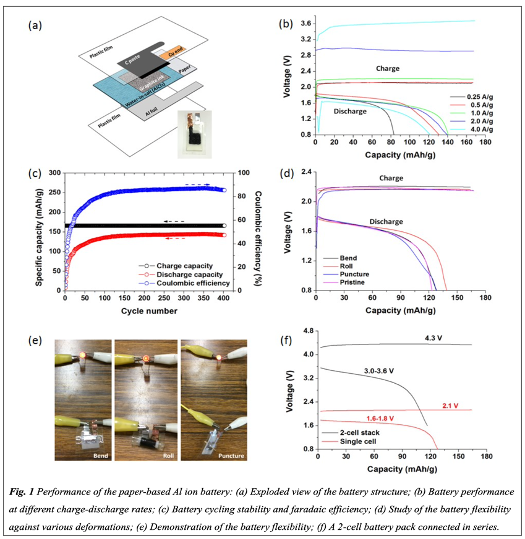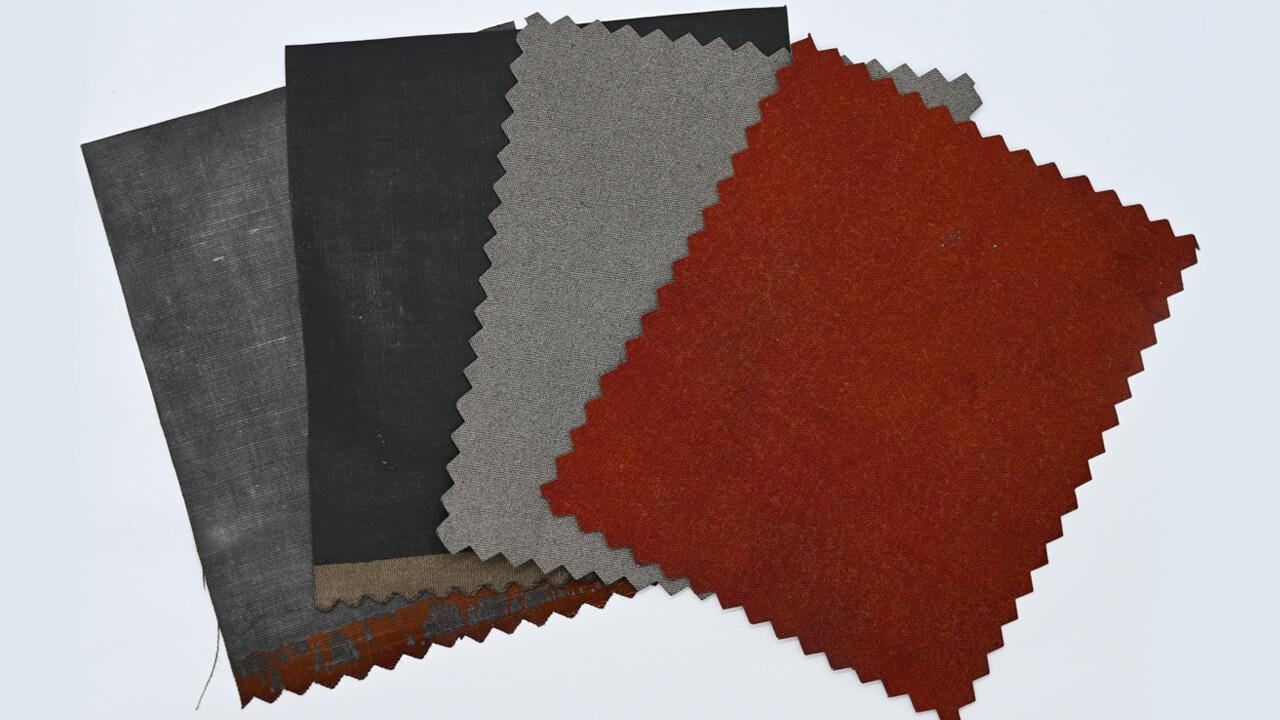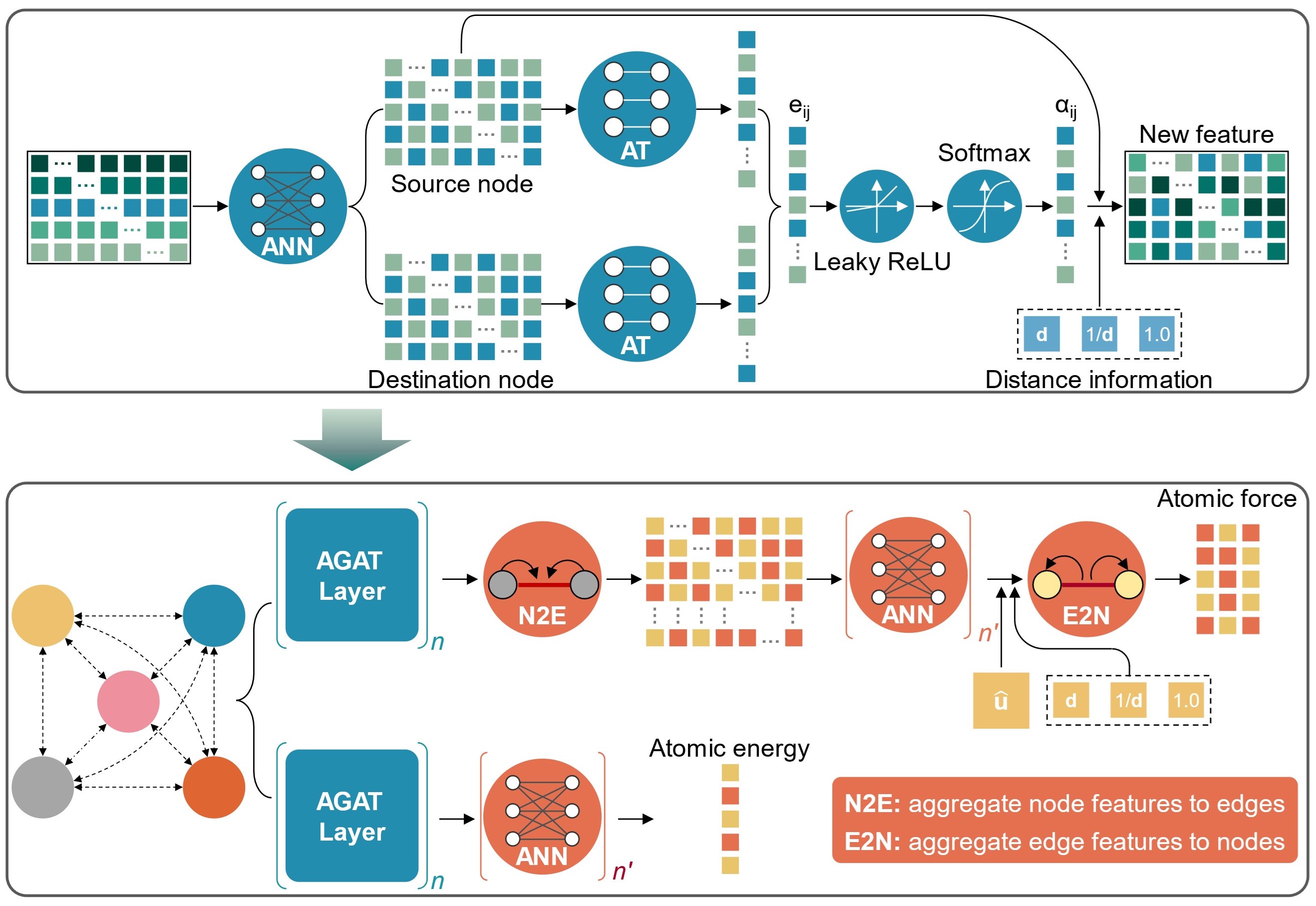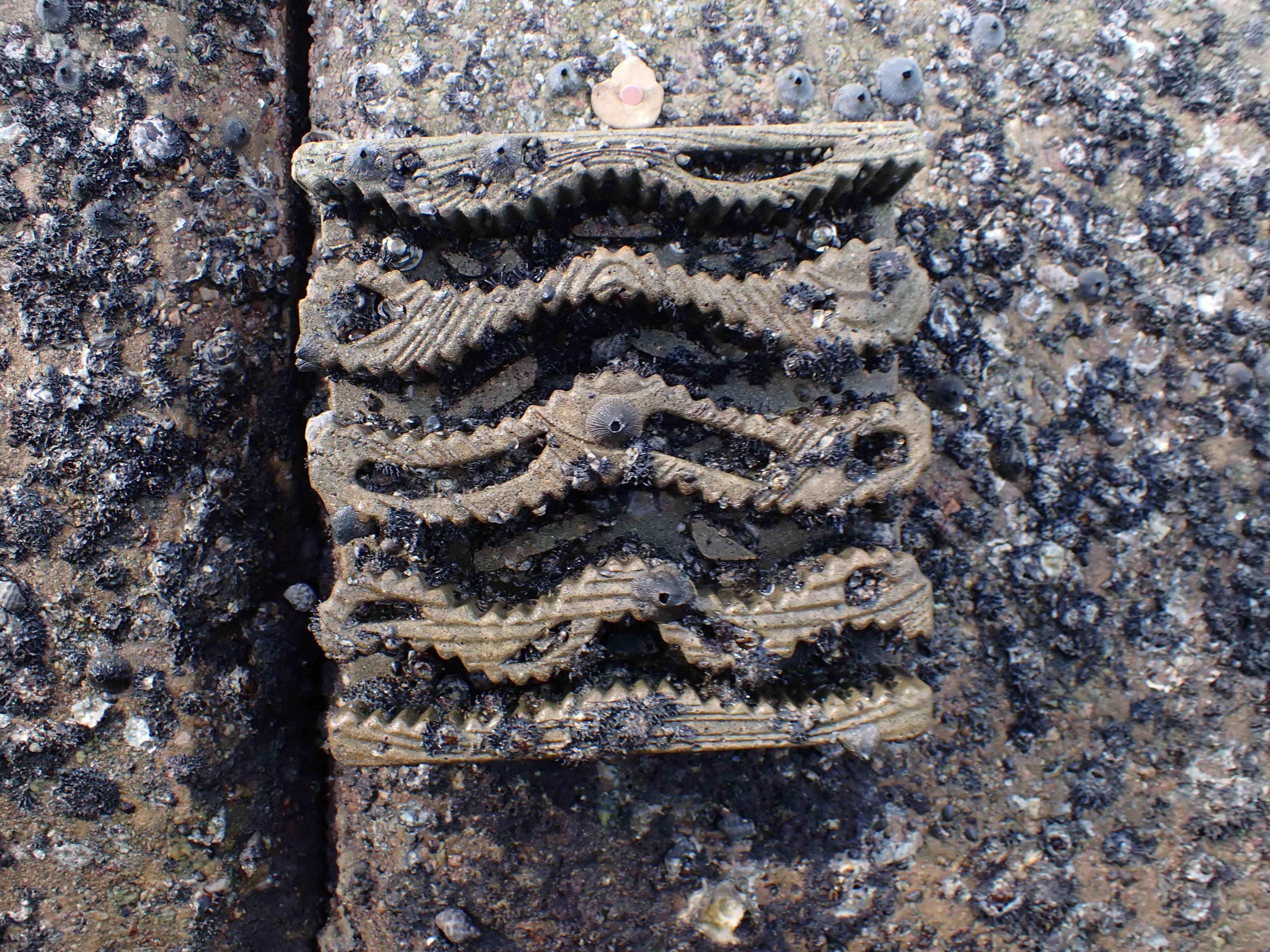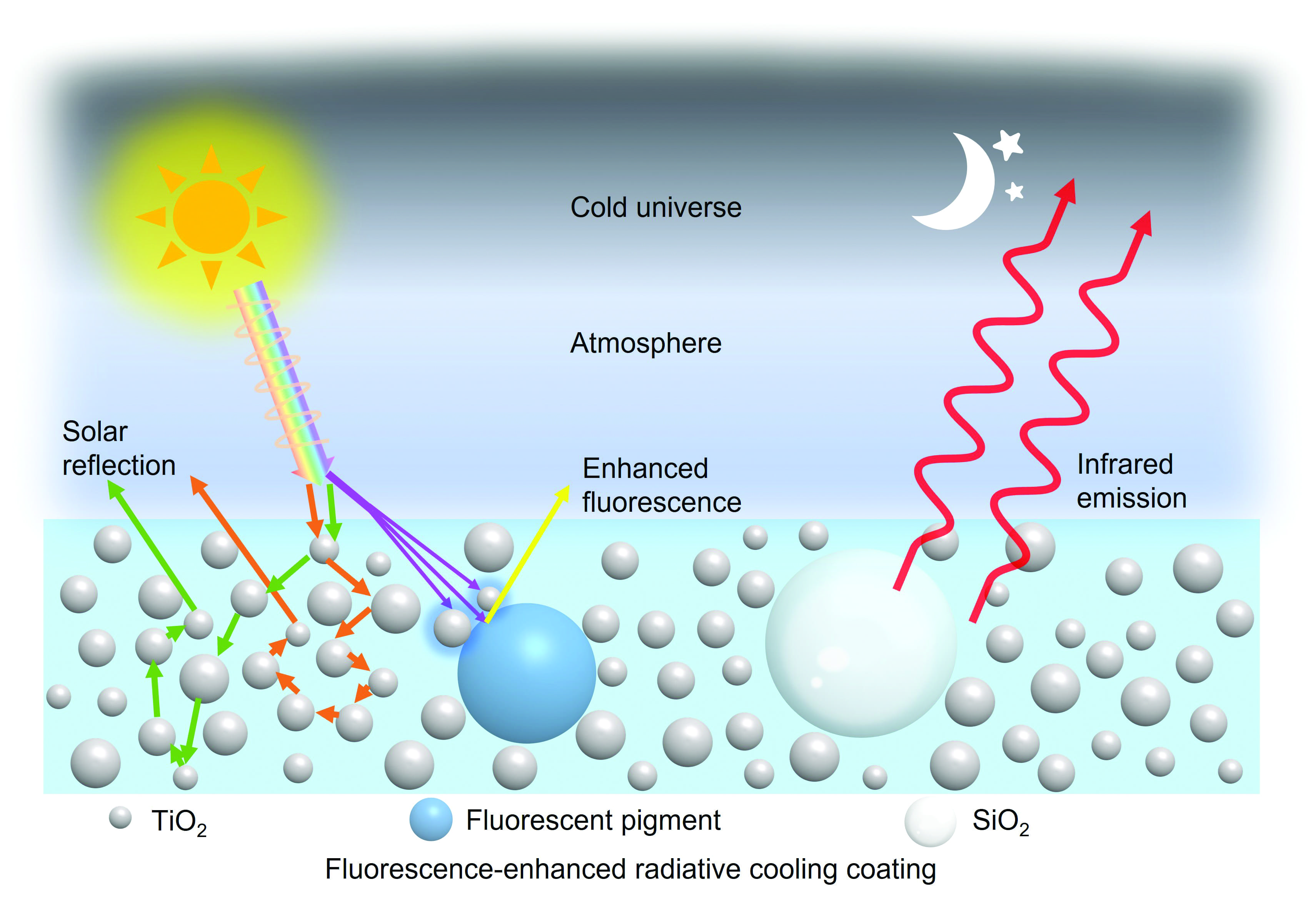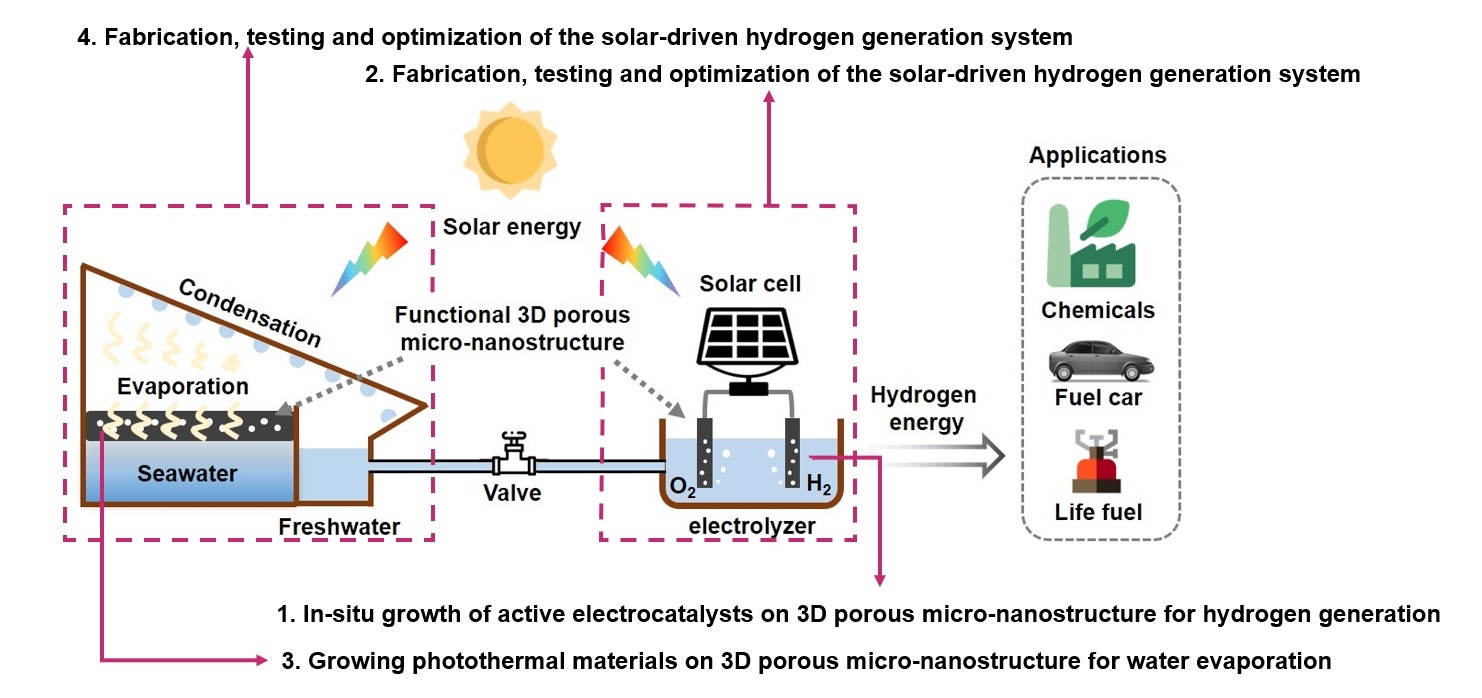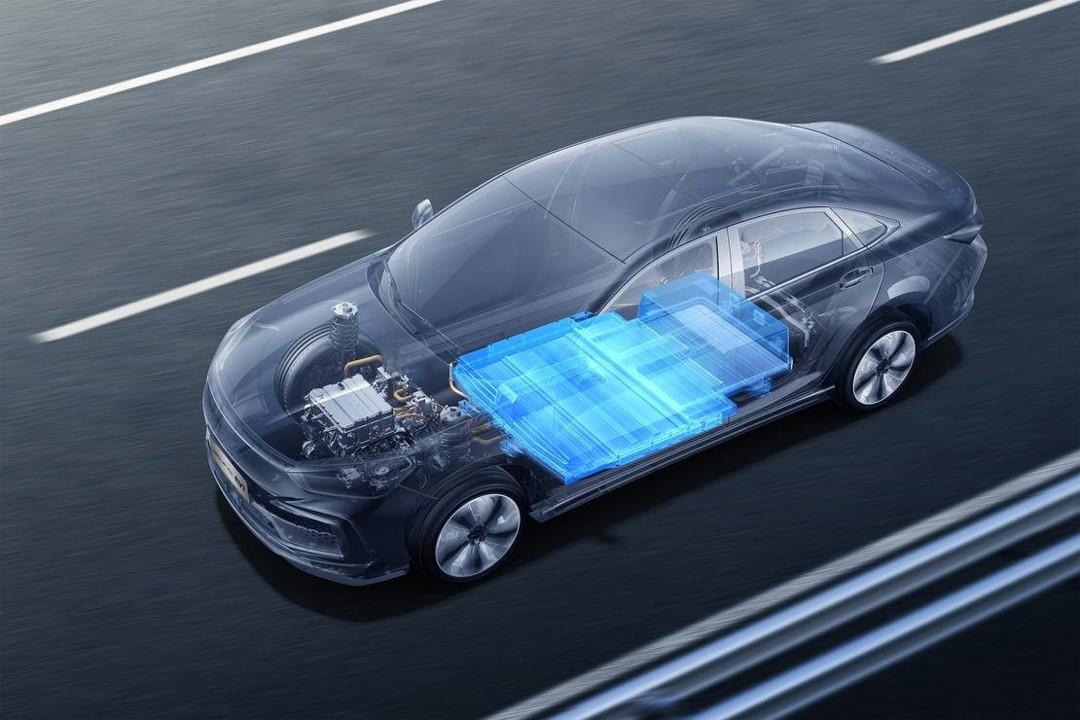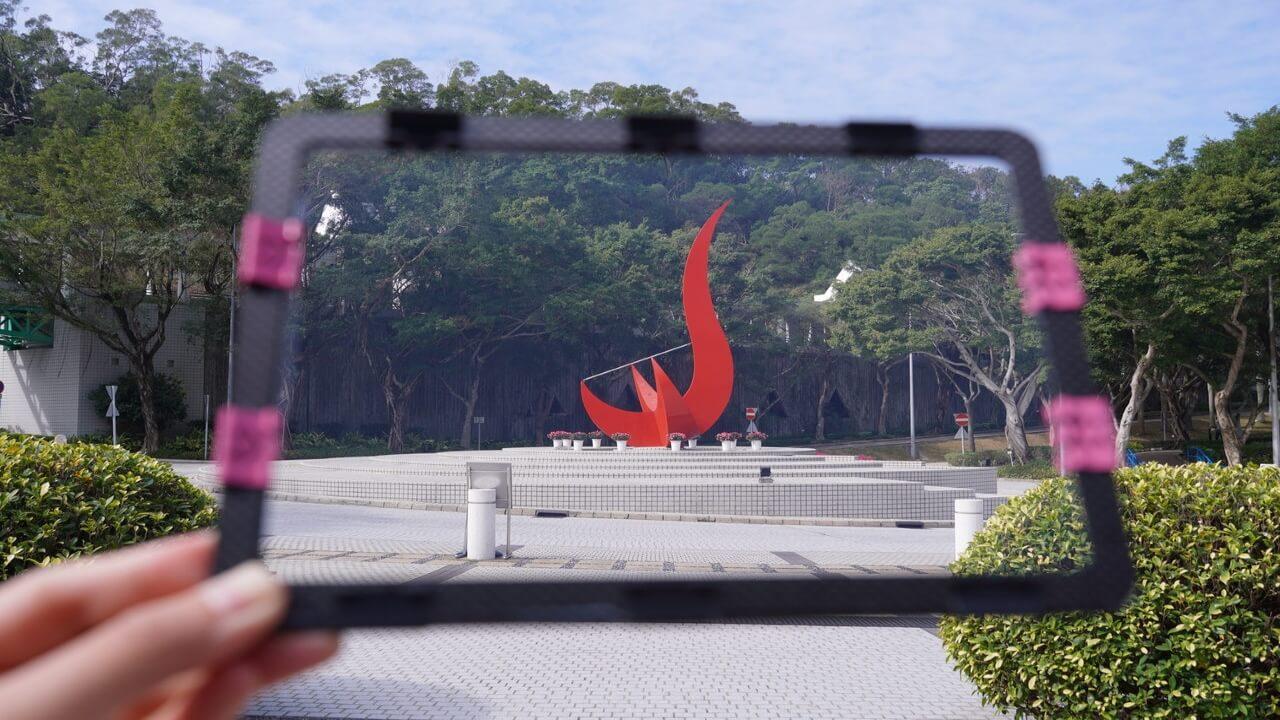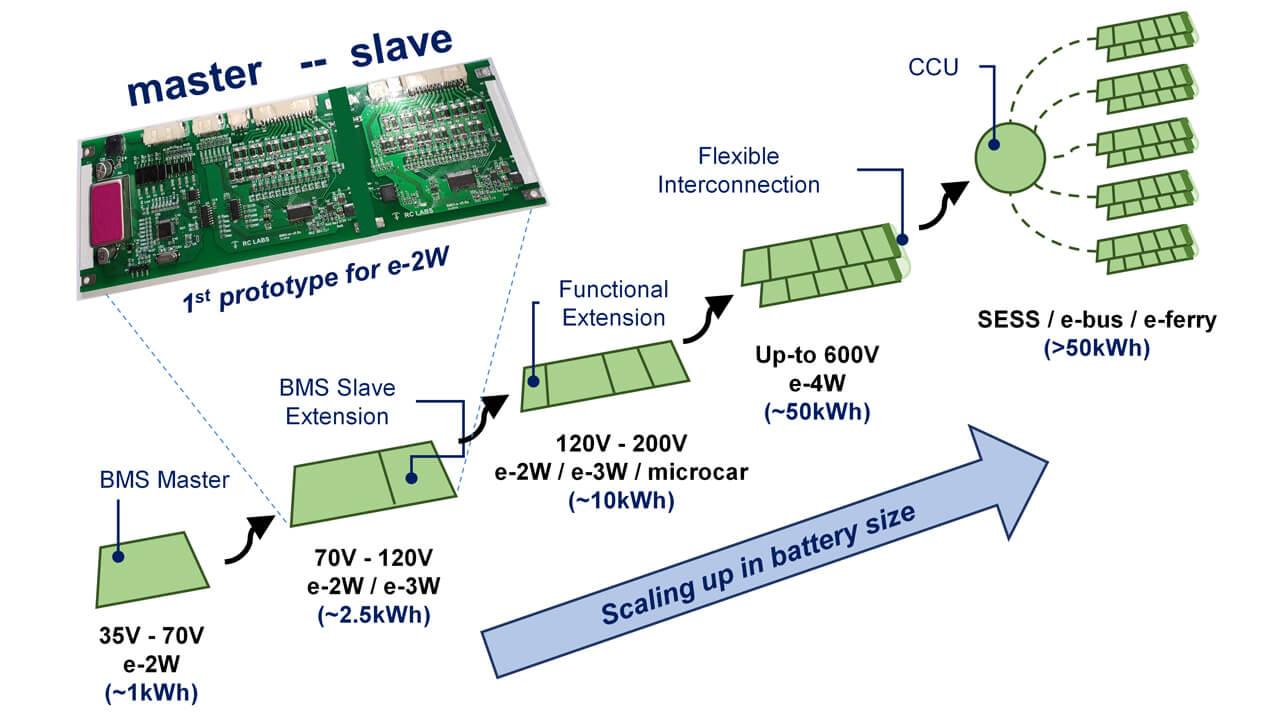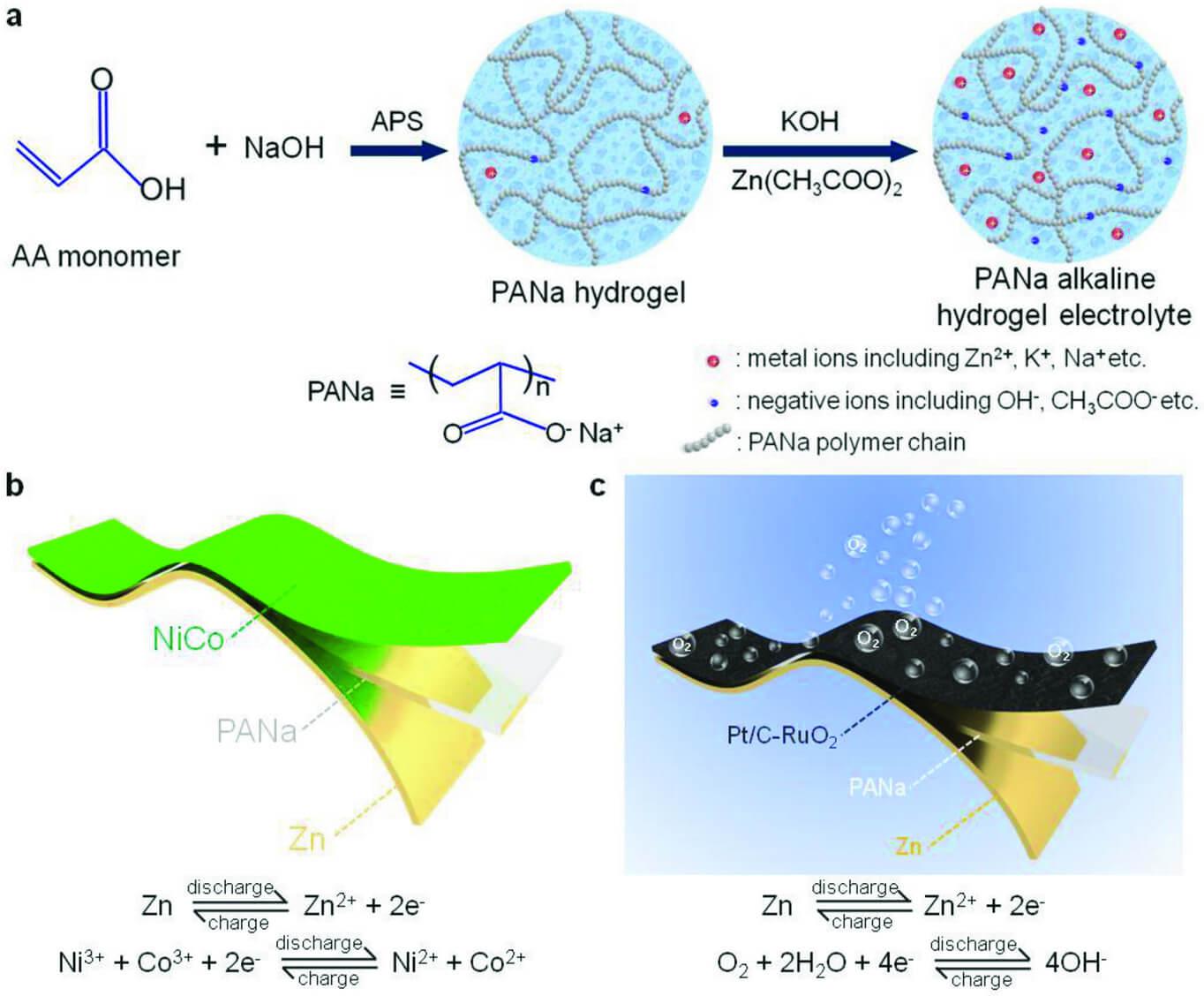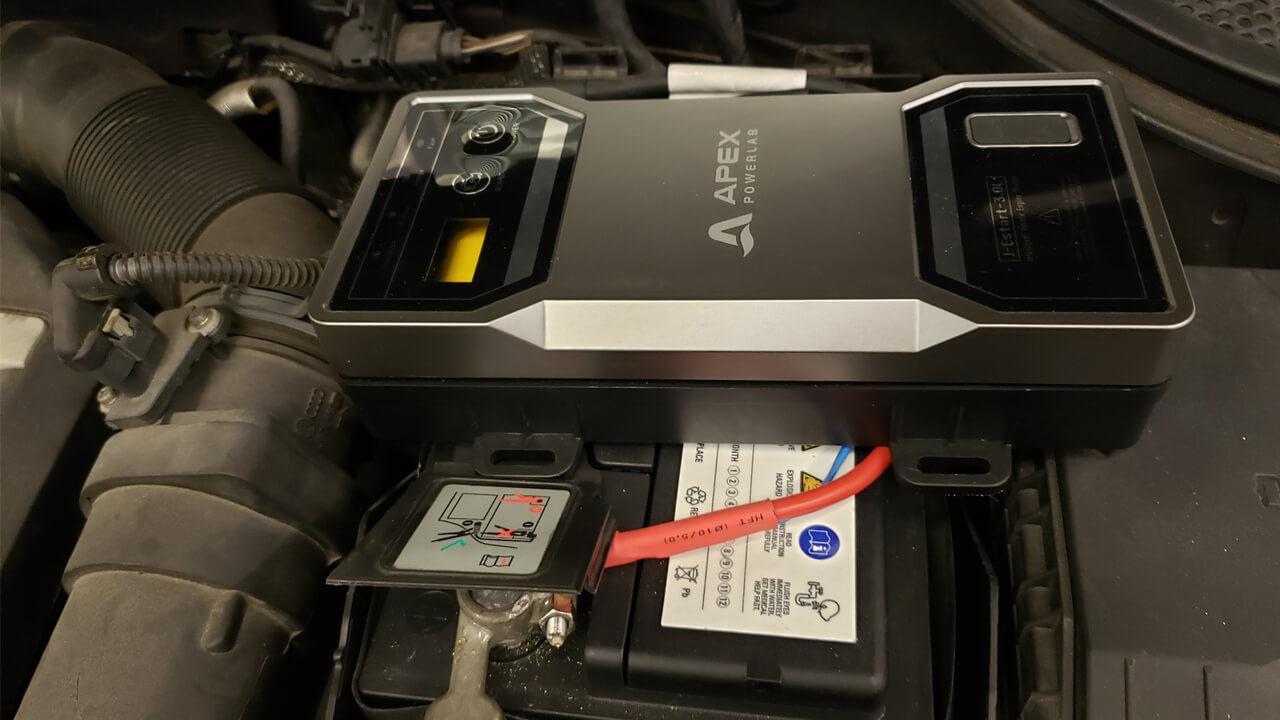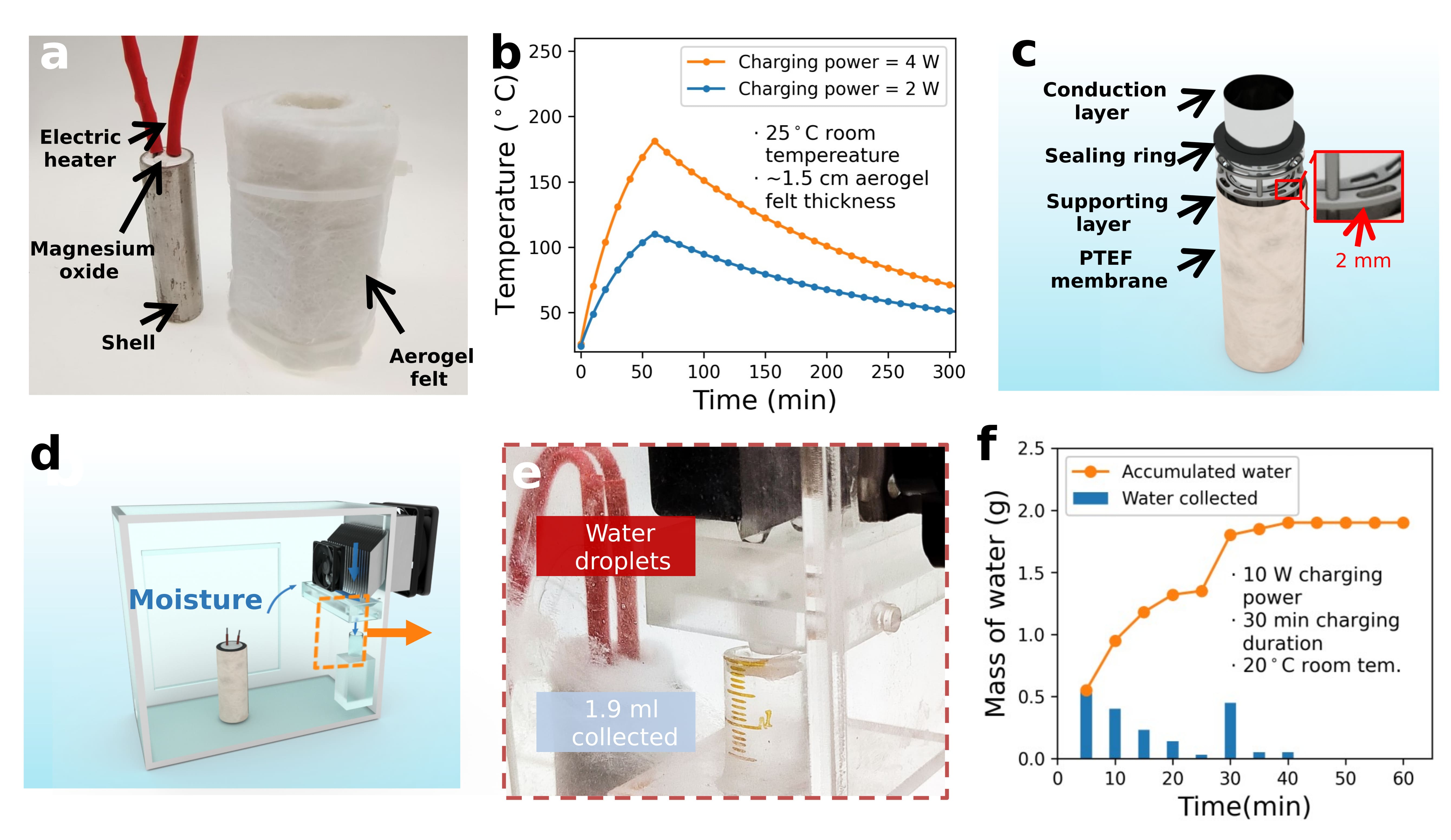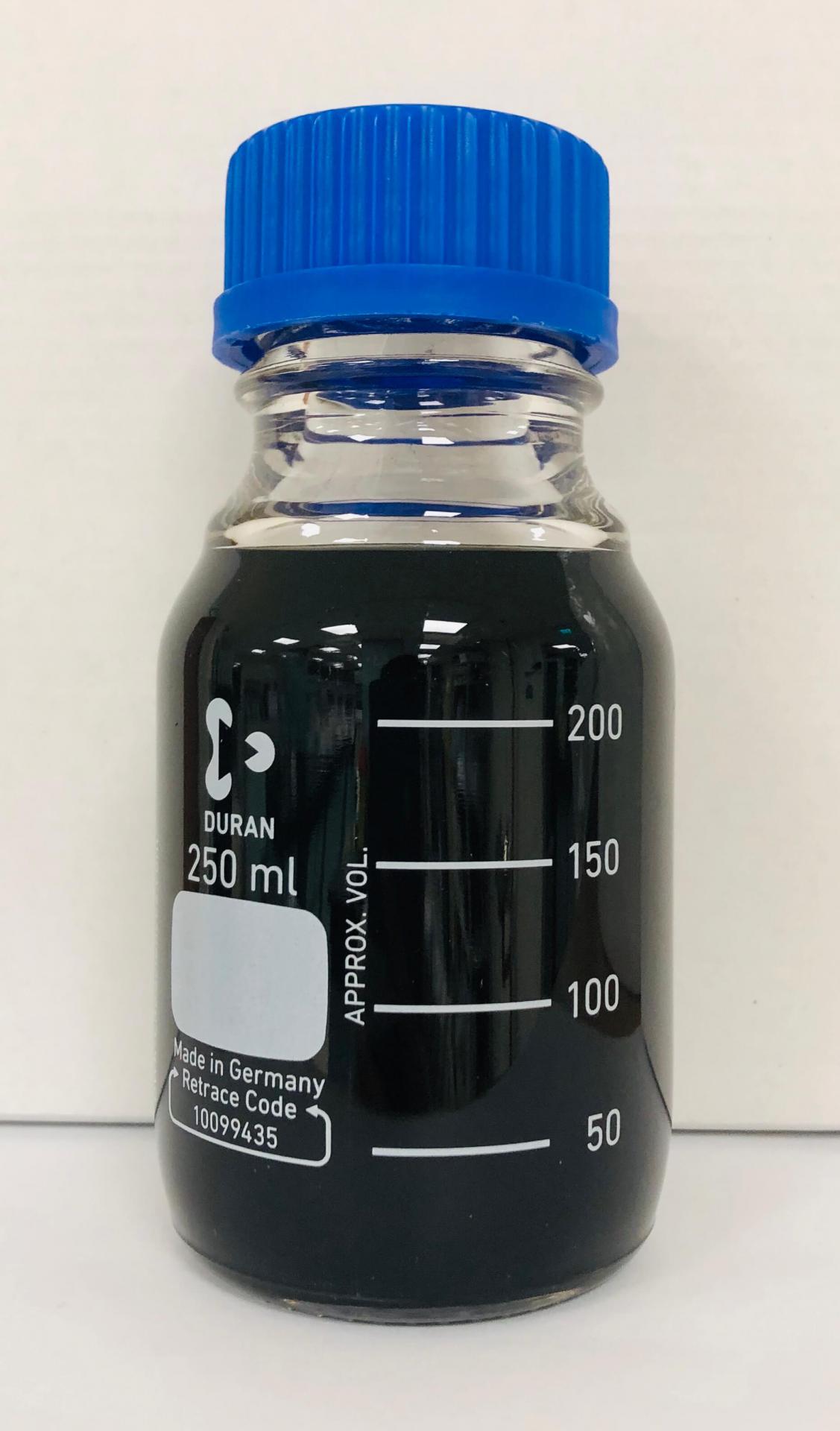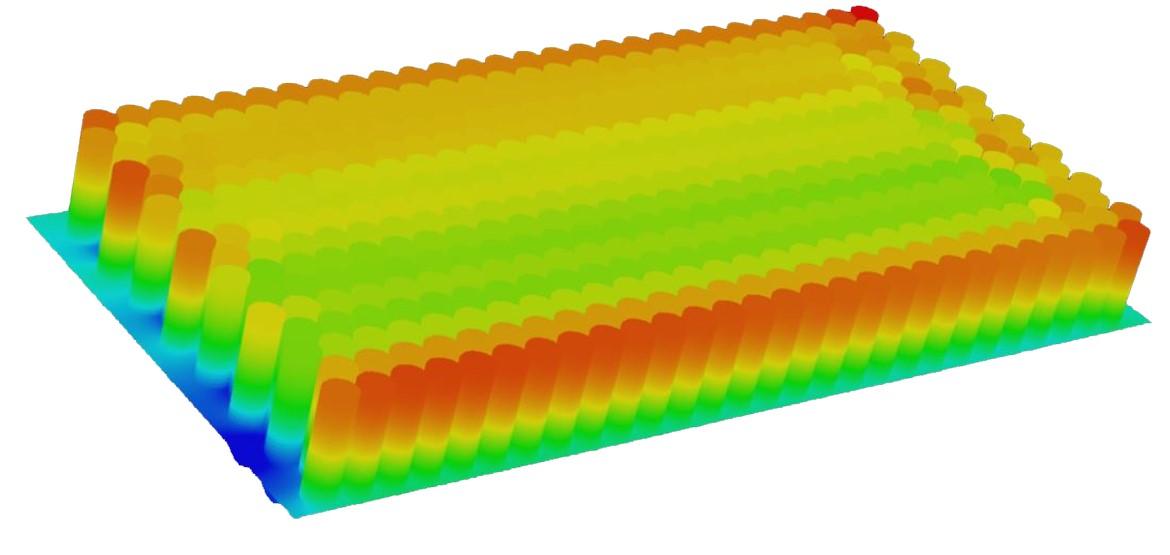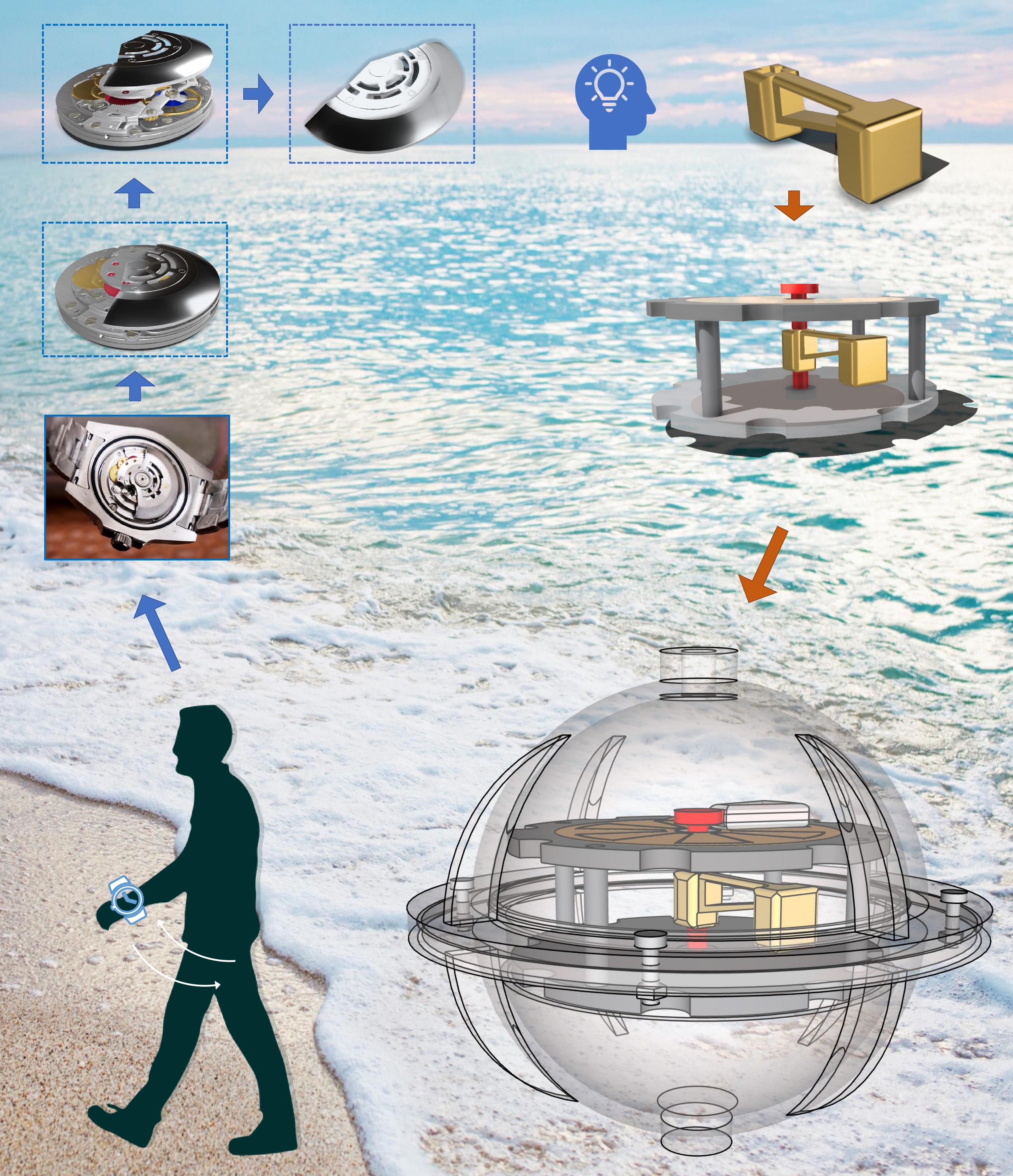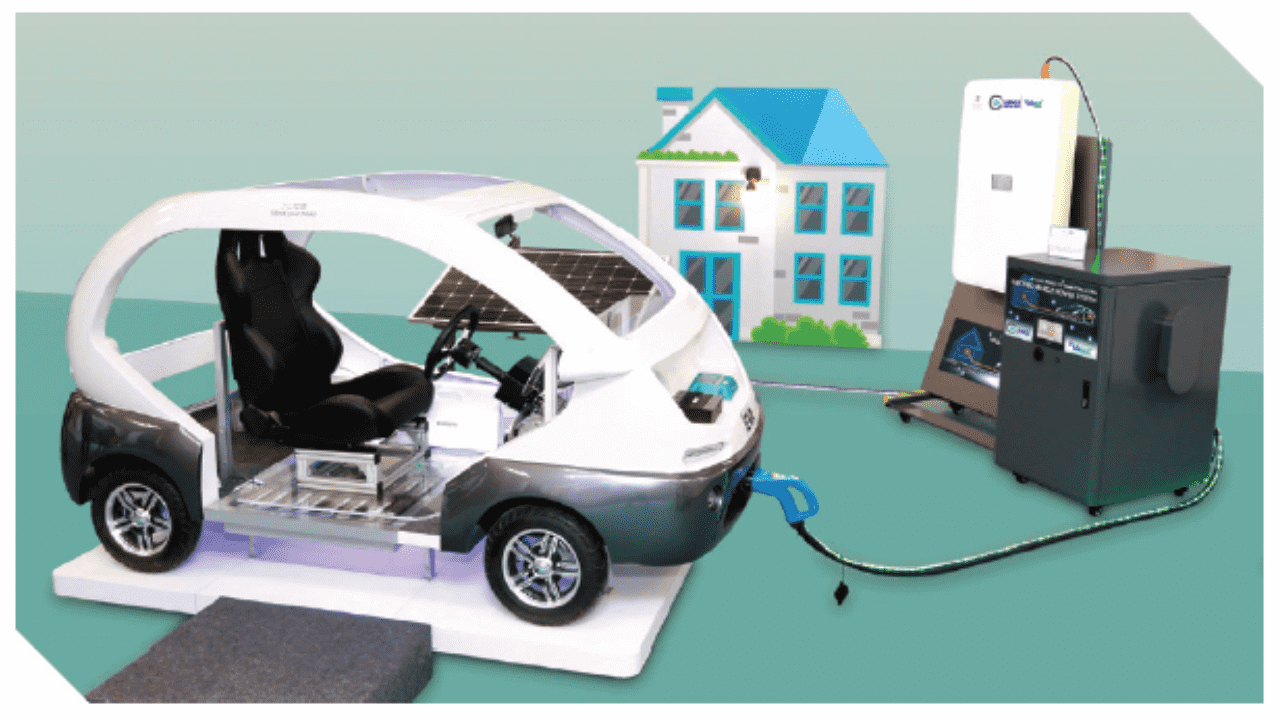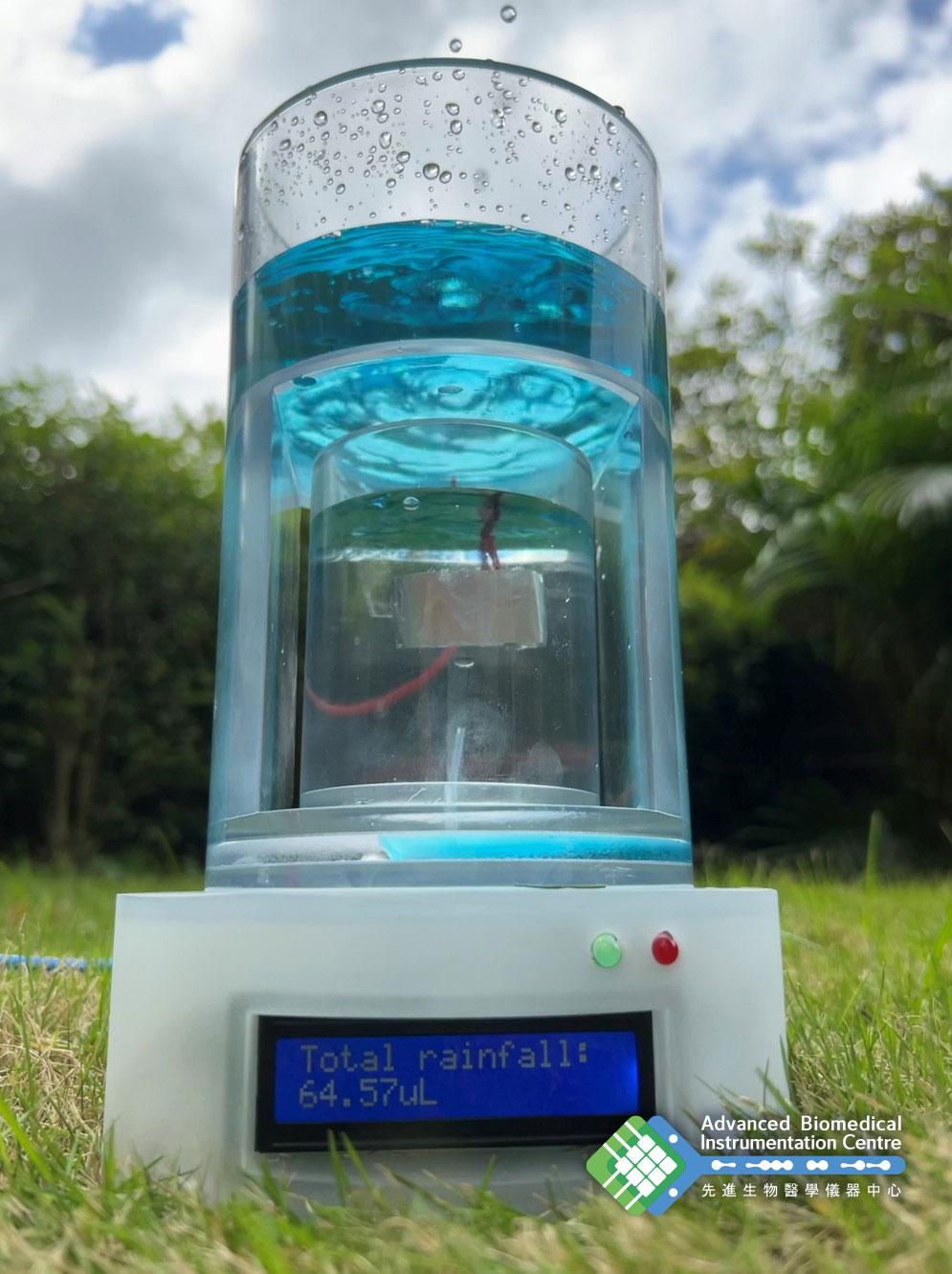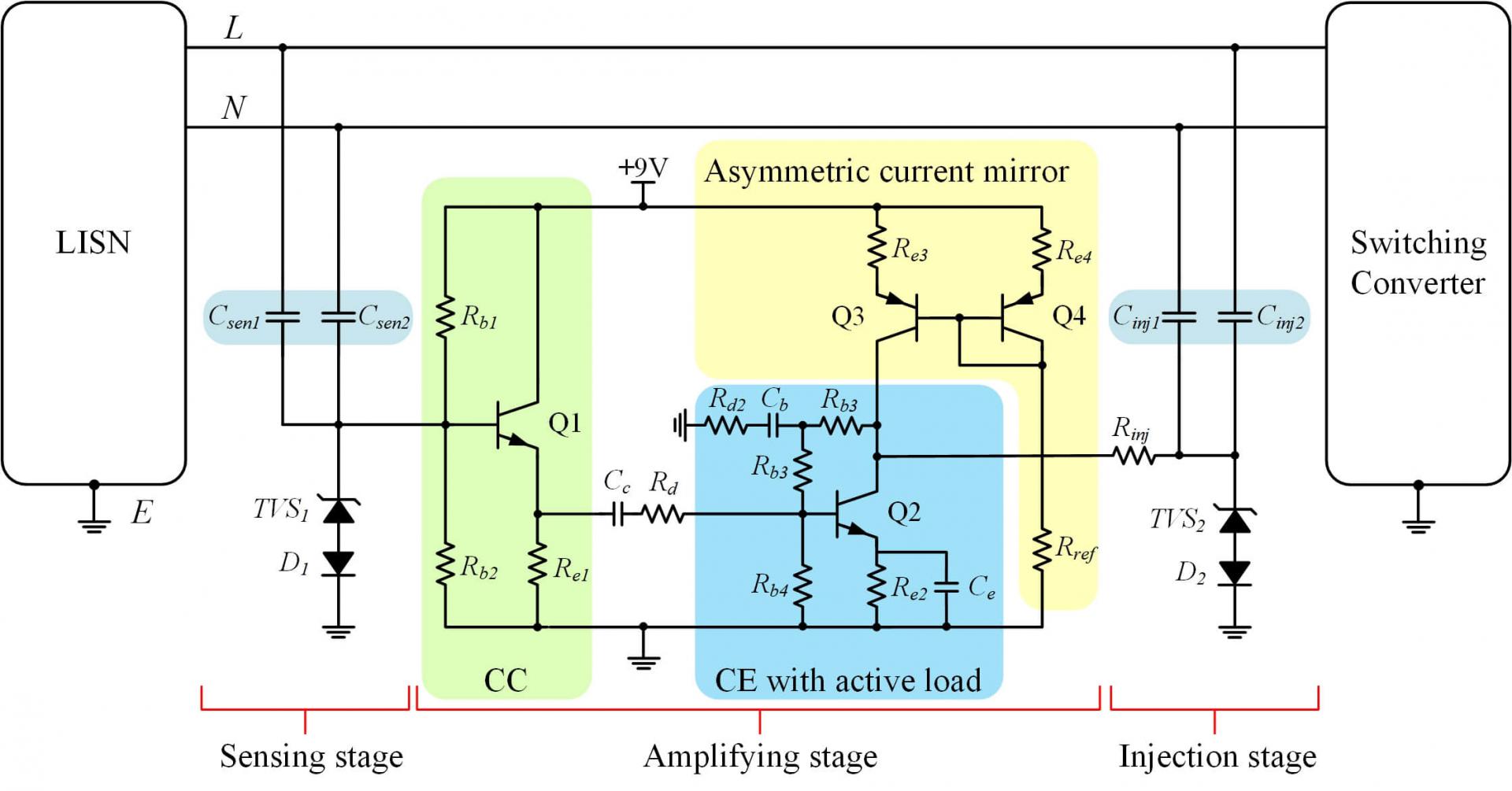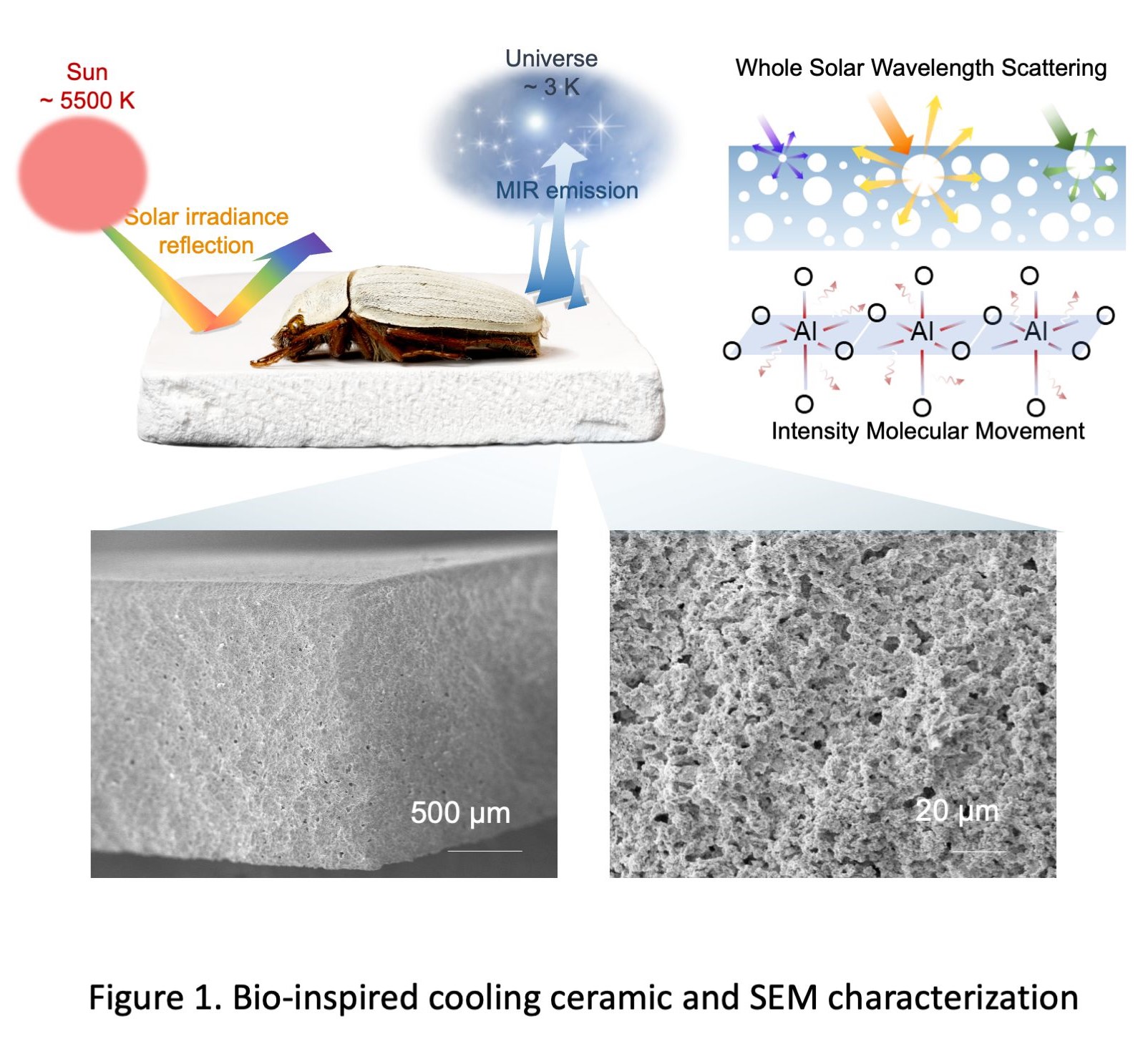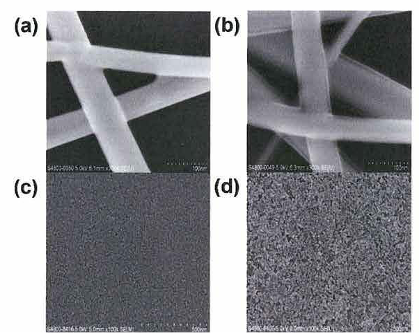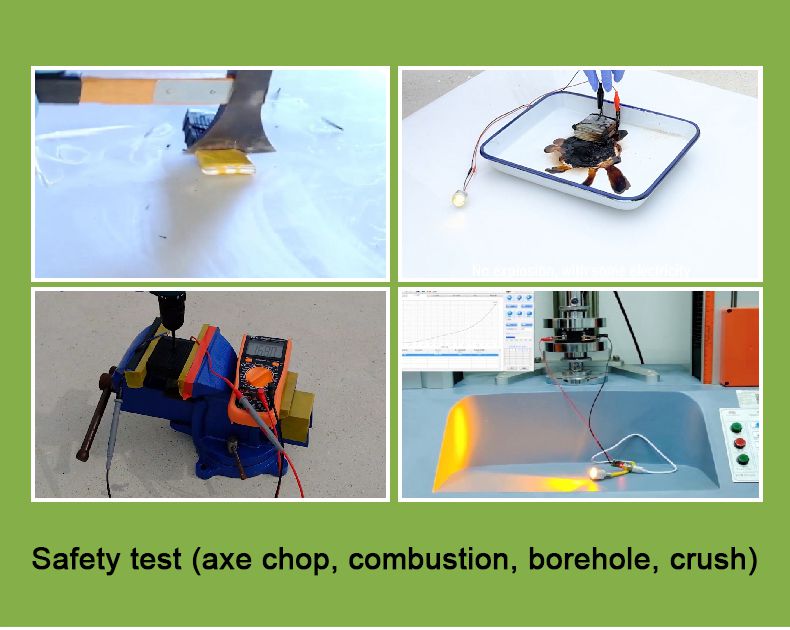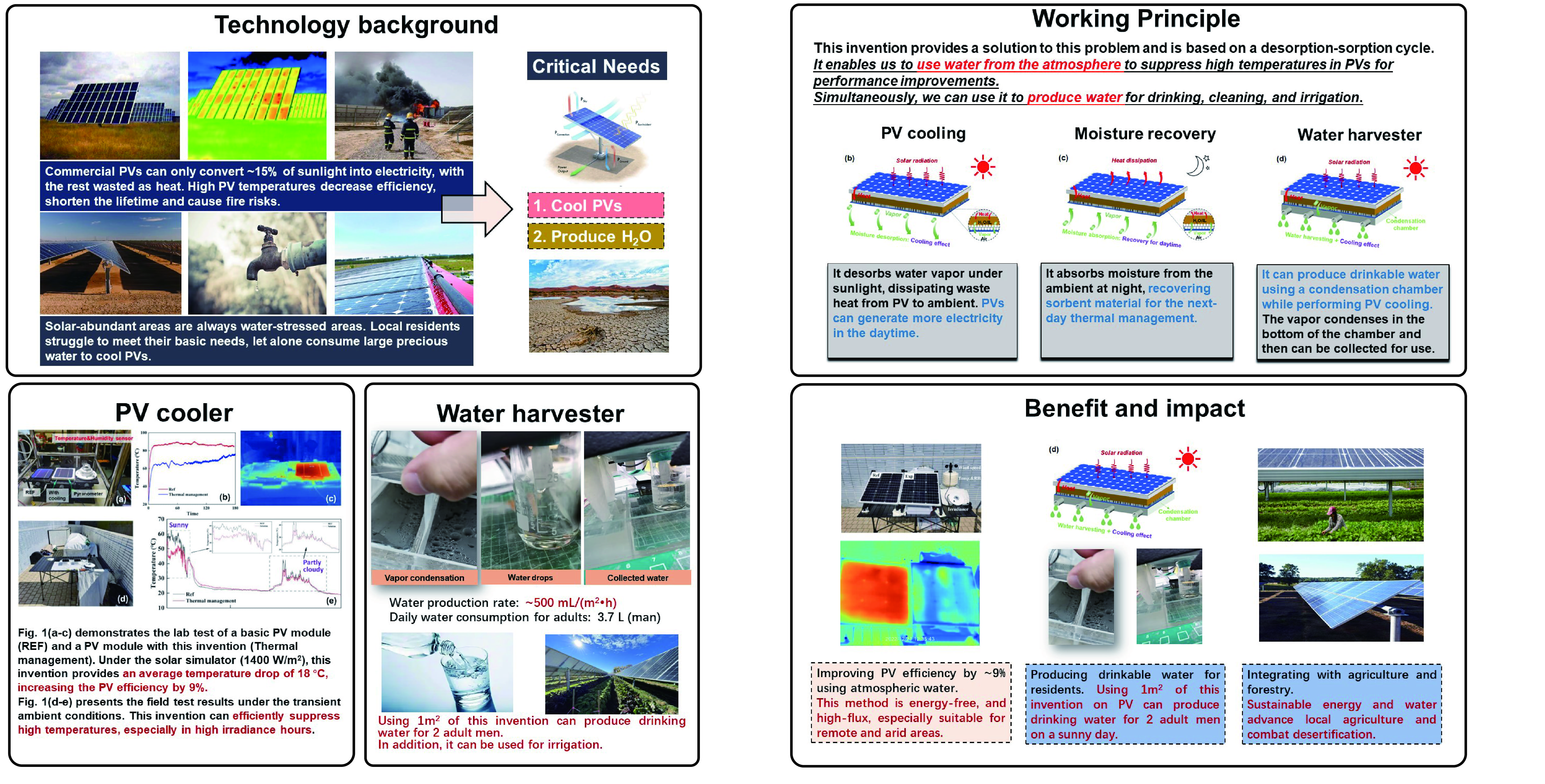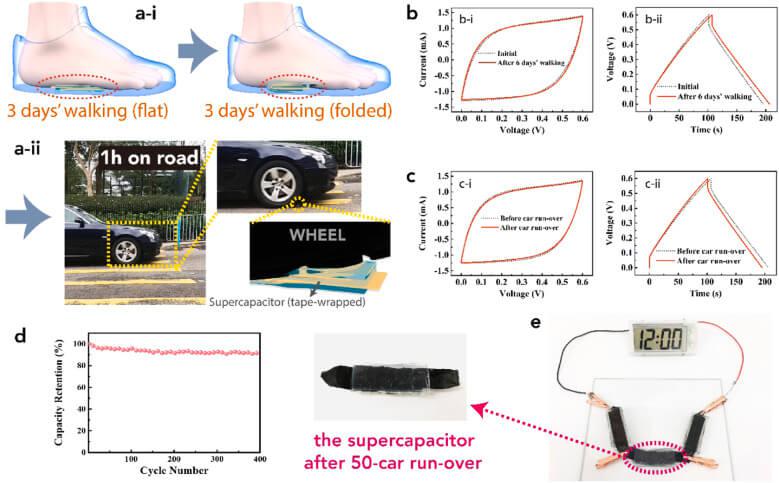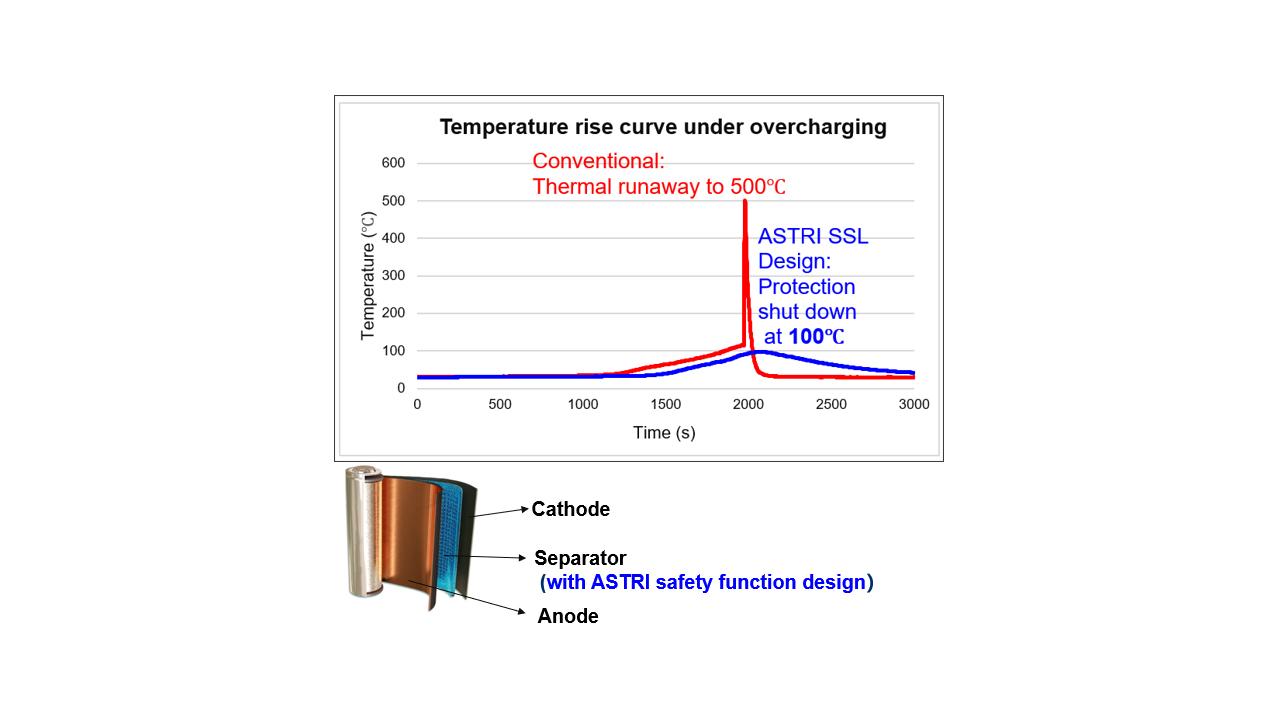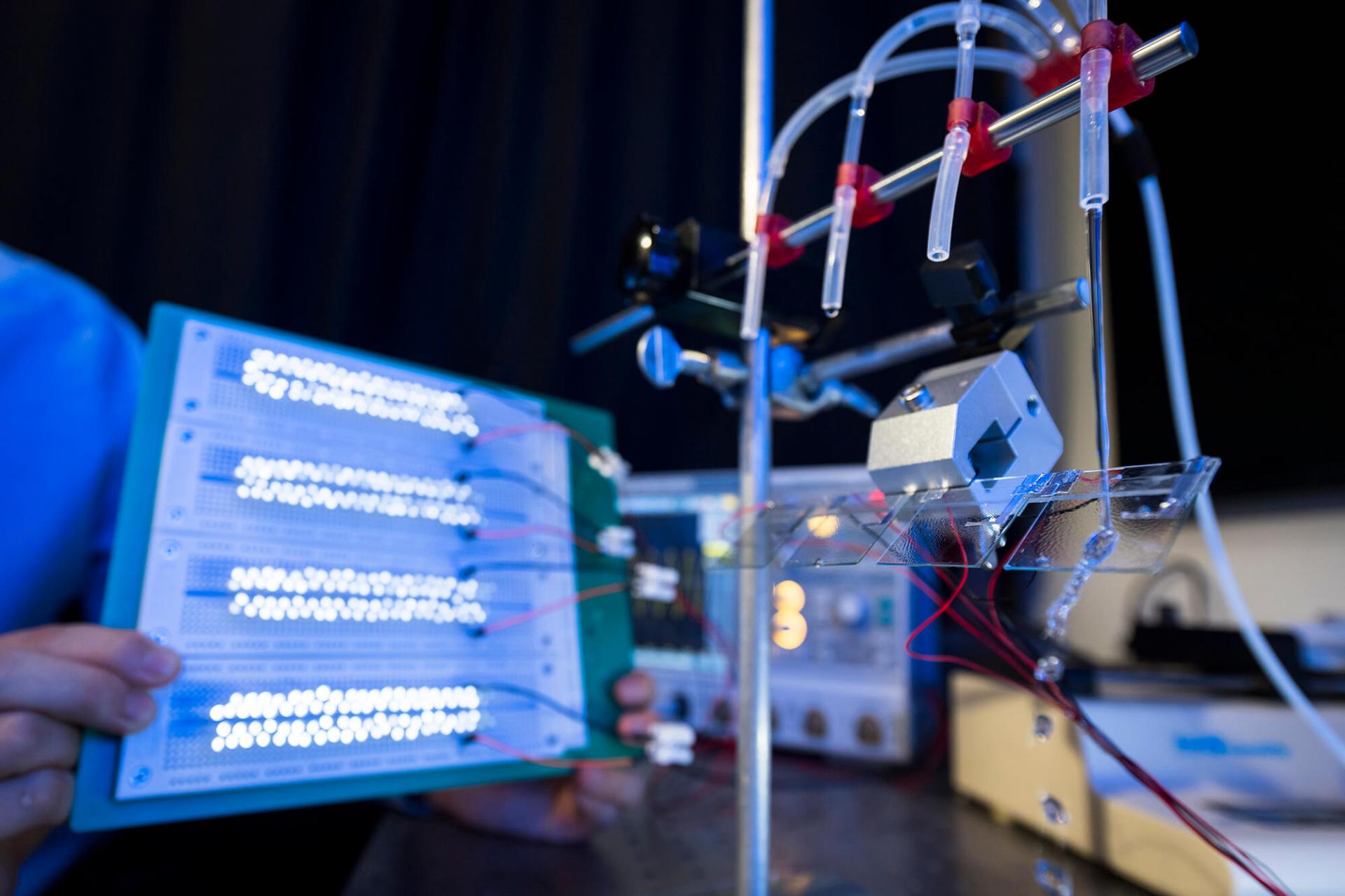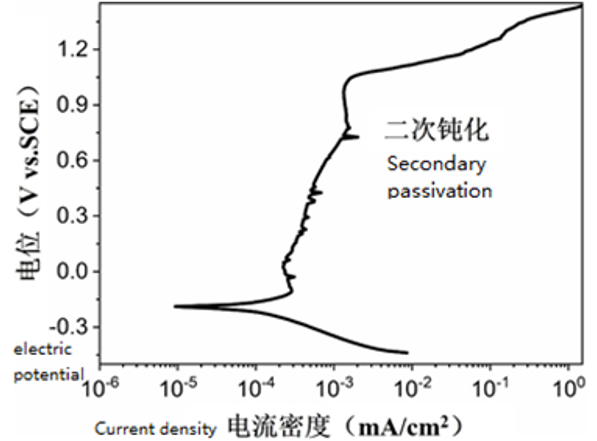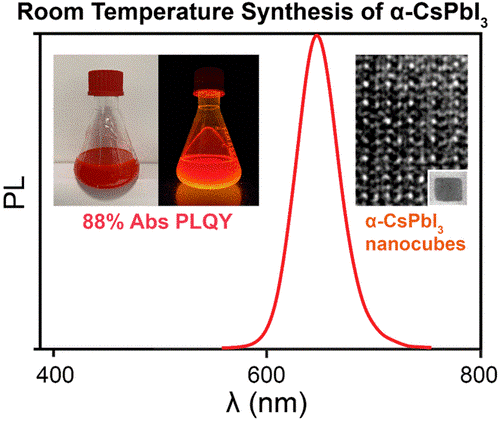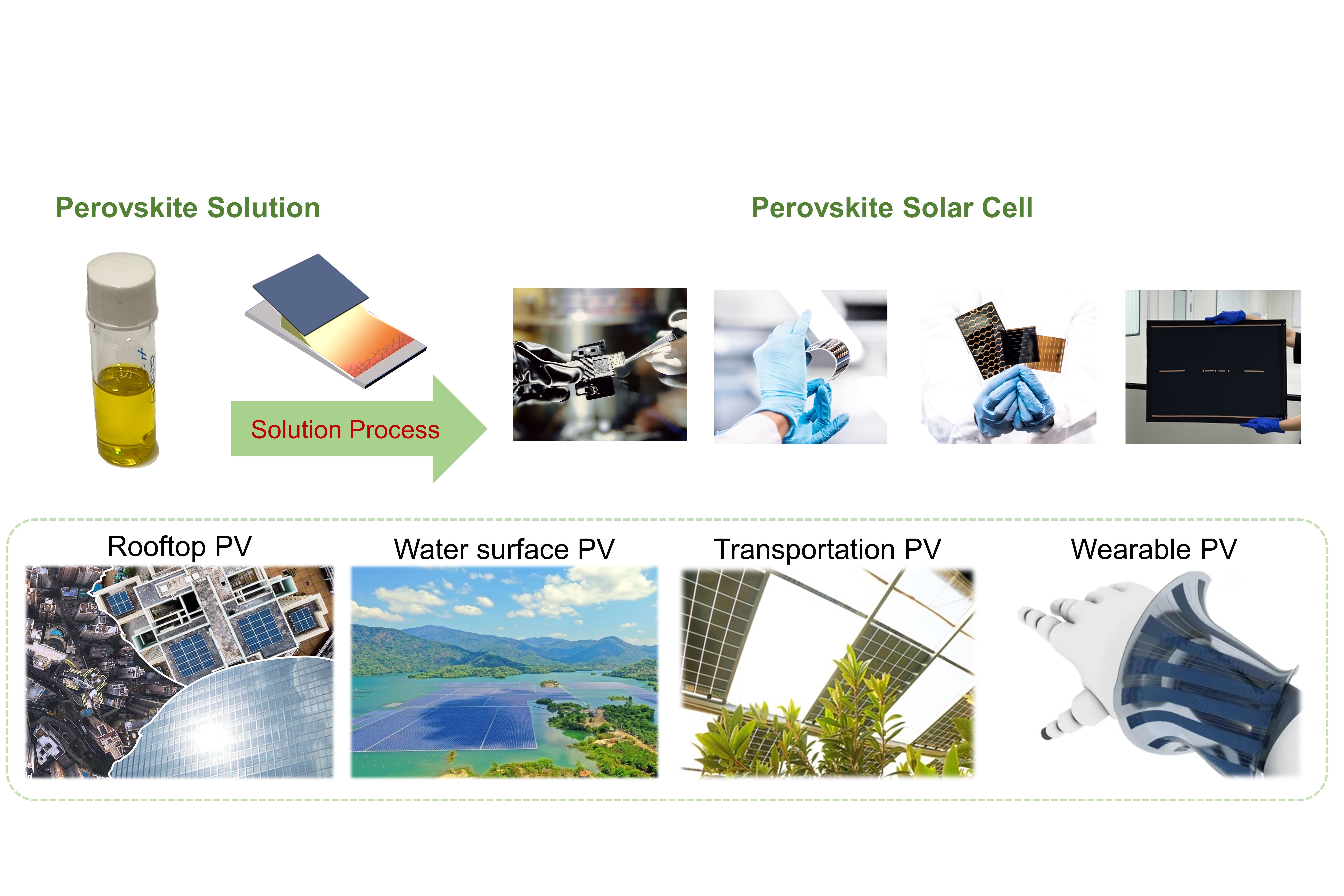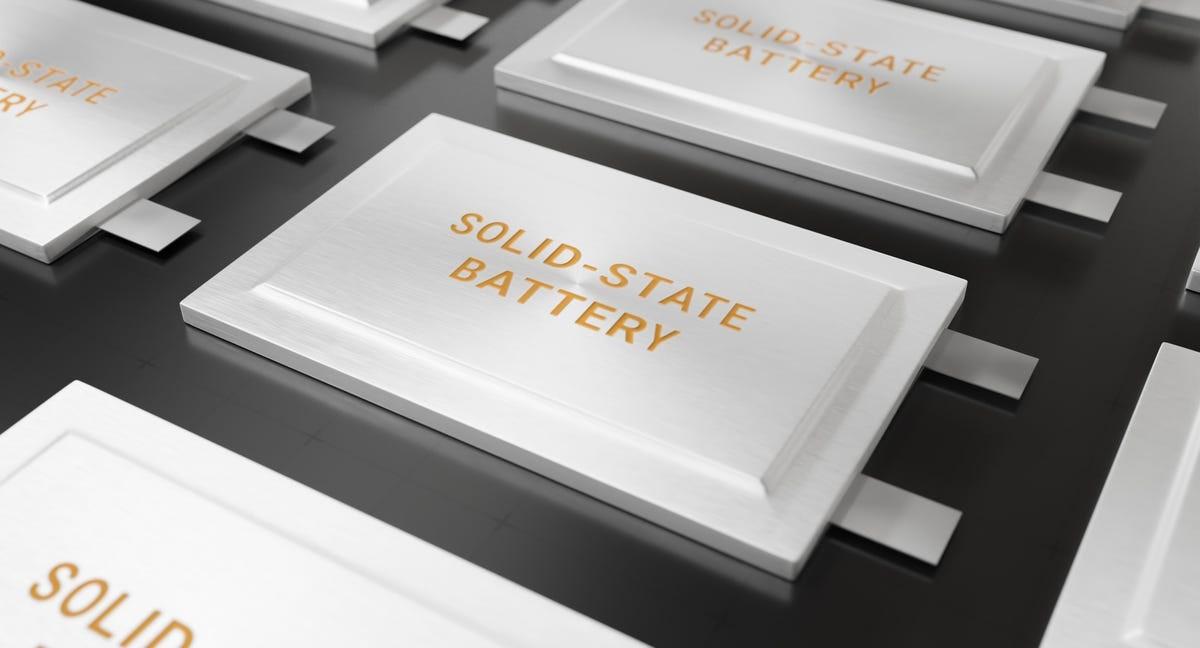
Highly Rechargeable Battery with Nanoporous Zn Electrode

HKUST invented a free-standing, nanoporous (NP) Zn anode. Its stable metal network can withstand long cycles at a deep depth of discharge (DoD). It has been demonstrated Coulombic efficiency >99% for more than 200 cycles in practical coin cells. The projected energy density of a Ni-Zn battery with this anode is 110Wh/kg, among the best ever reported.
Zn metal has attracted attention to its unfulfilled potential in rechargeable batteries. As one of the most abundant metals on earth, Zn offers a theoretical volumetric capacity of 3694 Ah/L. The sluggish hydrogen evolution on the Zn surface allows it to work in an aqueous, particularly alkaline electrolyte, eliminating any fire hazard and lowering the cost. However, one of the major challenges of Zn batteries is the poor cycle life.
- The free-standing nanoporous Zn anode achieves best ever reported energy density and life cycle performance.
- The newly invented Zn anode is a breakthrough to Zn-based batteries to achieve excellent energy density and long life cycle practically. It will enable more favourable rechargeable batteries products to develop based on this nanoporous Zn anode.
- Applied as an anode in a rechargeable battery such as nickel-zinc, silver-zinc, and zinc-air battery
Patent
- US Application No. 63/283193
- Chinese Application No. 202111506478.8
The Hong Kong University of Science and Technology (HKUST) (https://hkust.edu.hk/) is a world-class research intensive university that focuses on science, technology and business as well as humanities and social science. HKUST offers an international campus, and a holistic and interdisciplinary pedagogy to nurture well-rounded graduates with global vision, a strong entrepreneurial spirit and innovative thinking. Over 80% of our research work were rated “Internationally excellent” or “world leading” in the Research Assessment Exercise 2020 of Hong Kong’s University Grants Committee. We were ranked 3rd in Times Higher Education’s Young University Rankings 2022, and our graduates were ranked 23rd worldwide and among the best from universities from Asia in Global University Employability Survey 2021.
